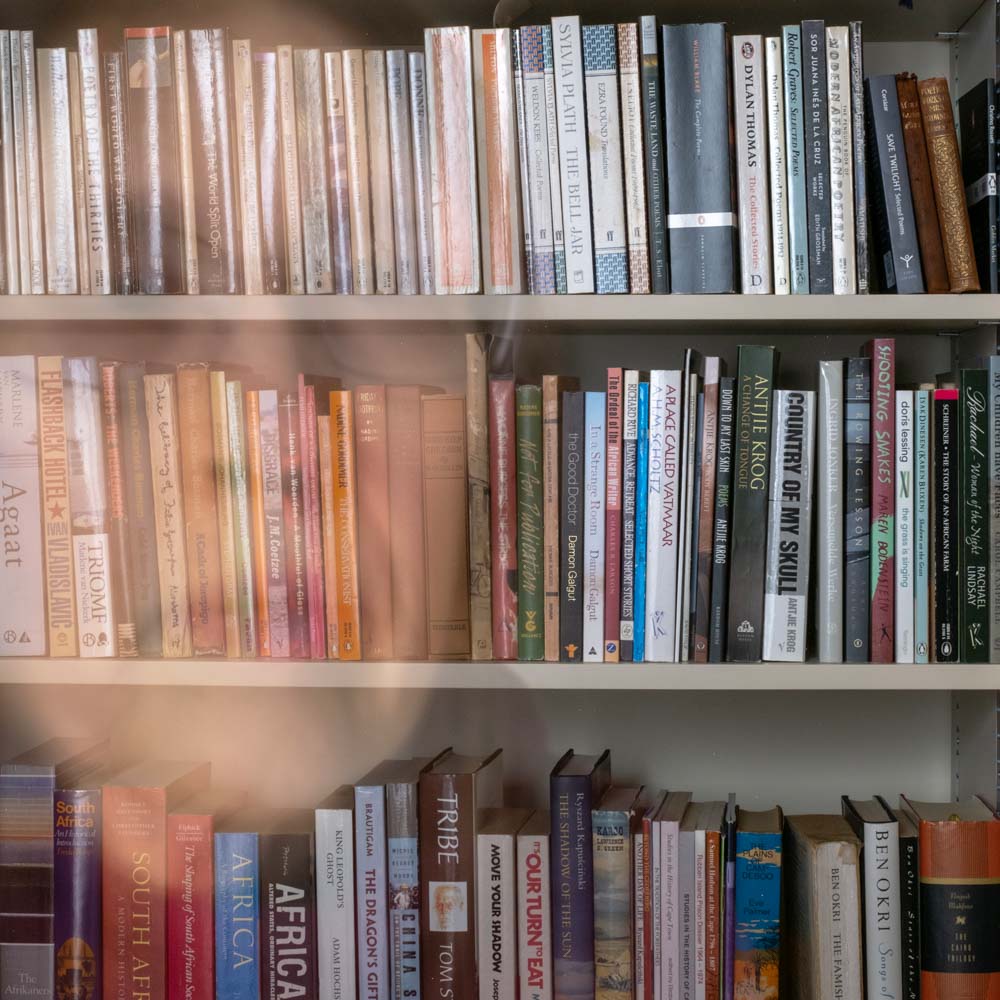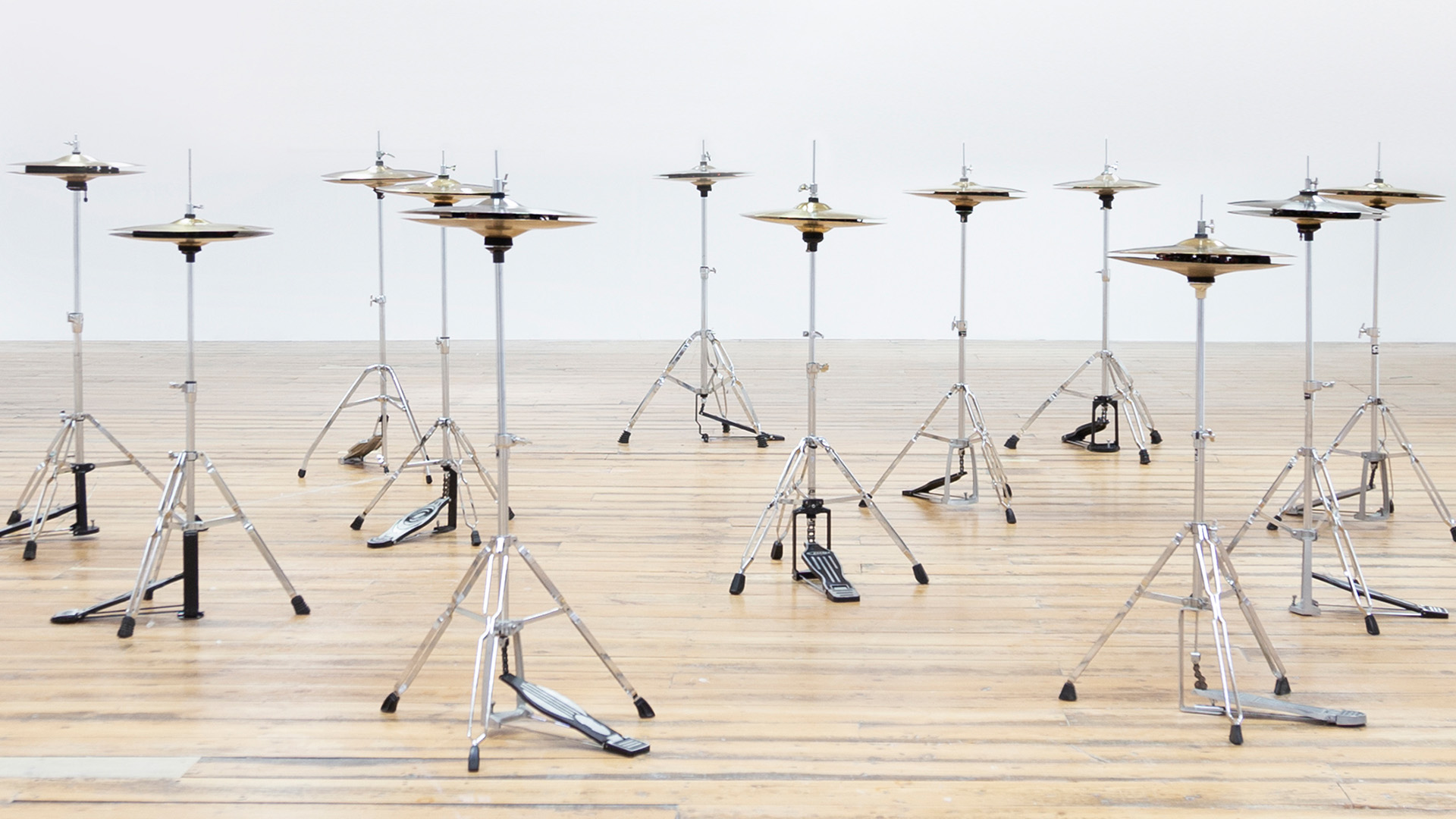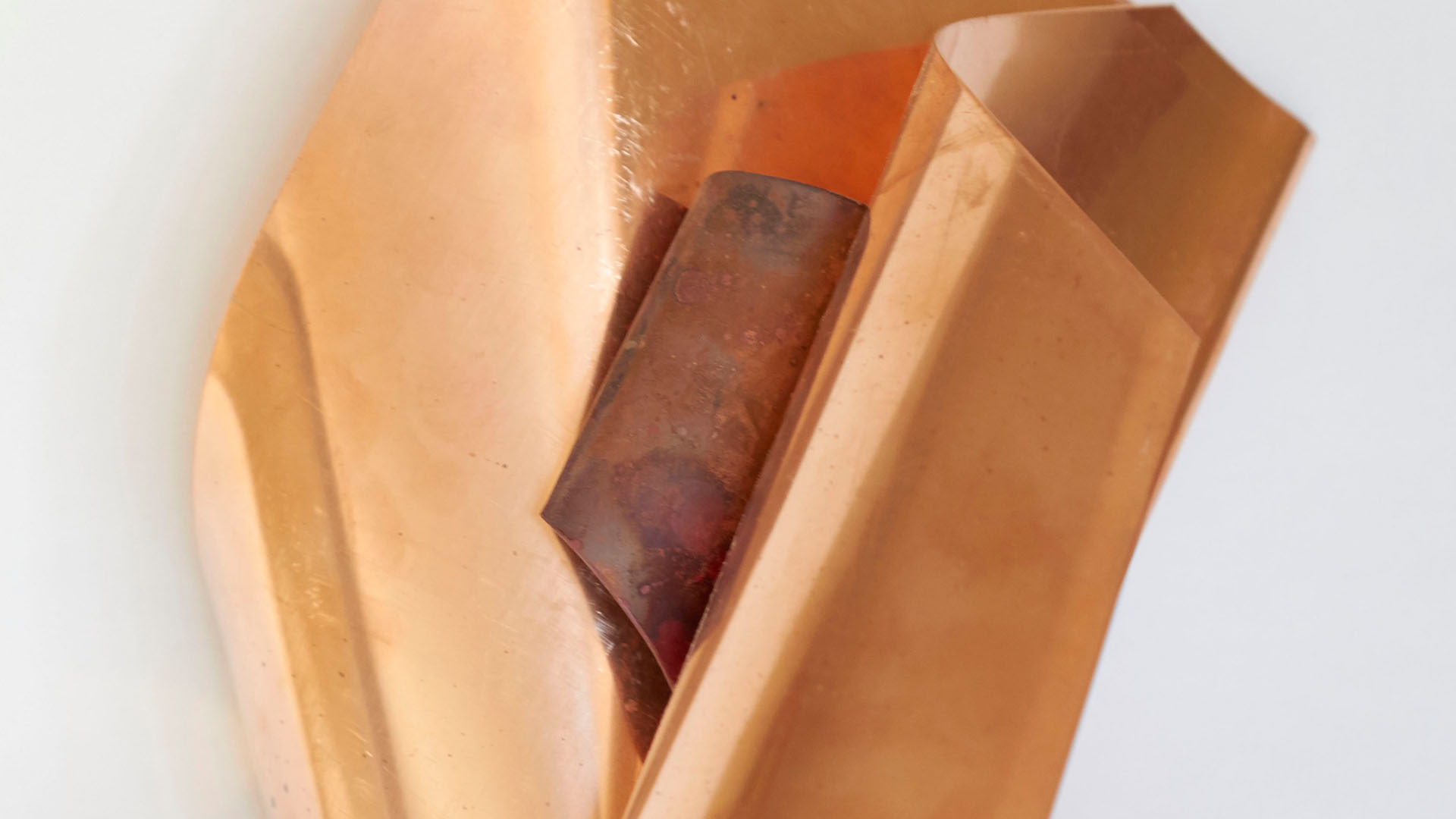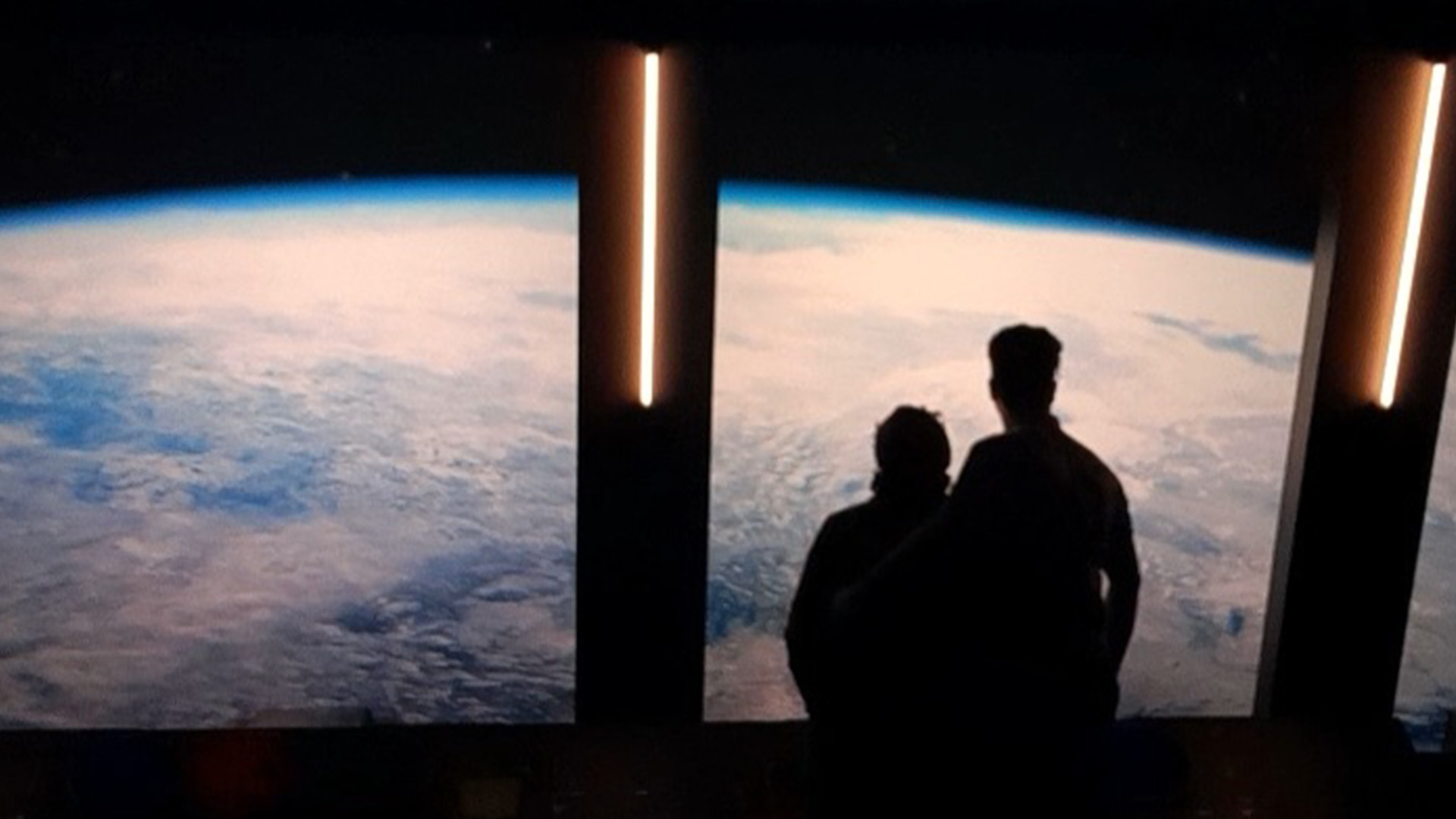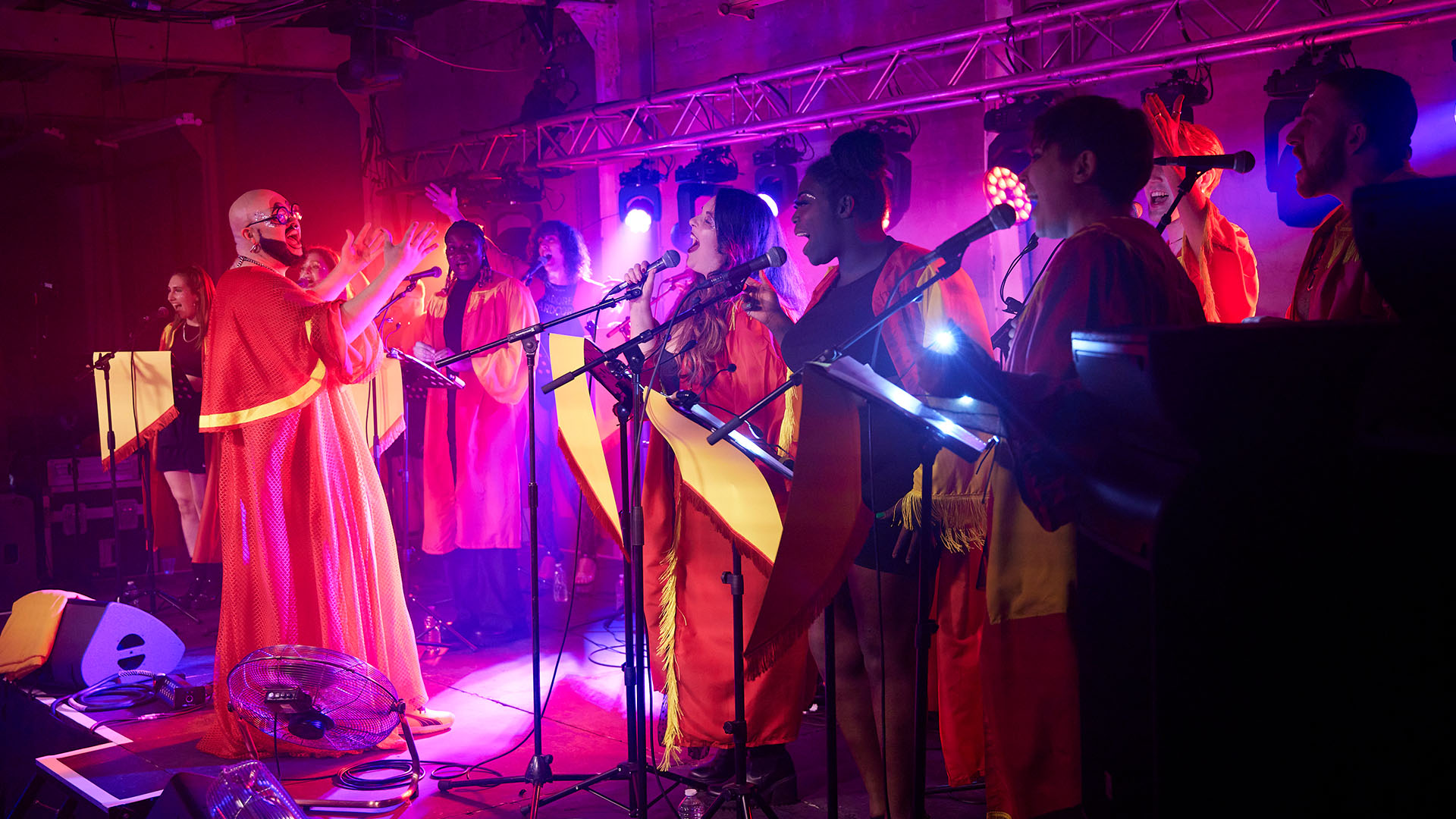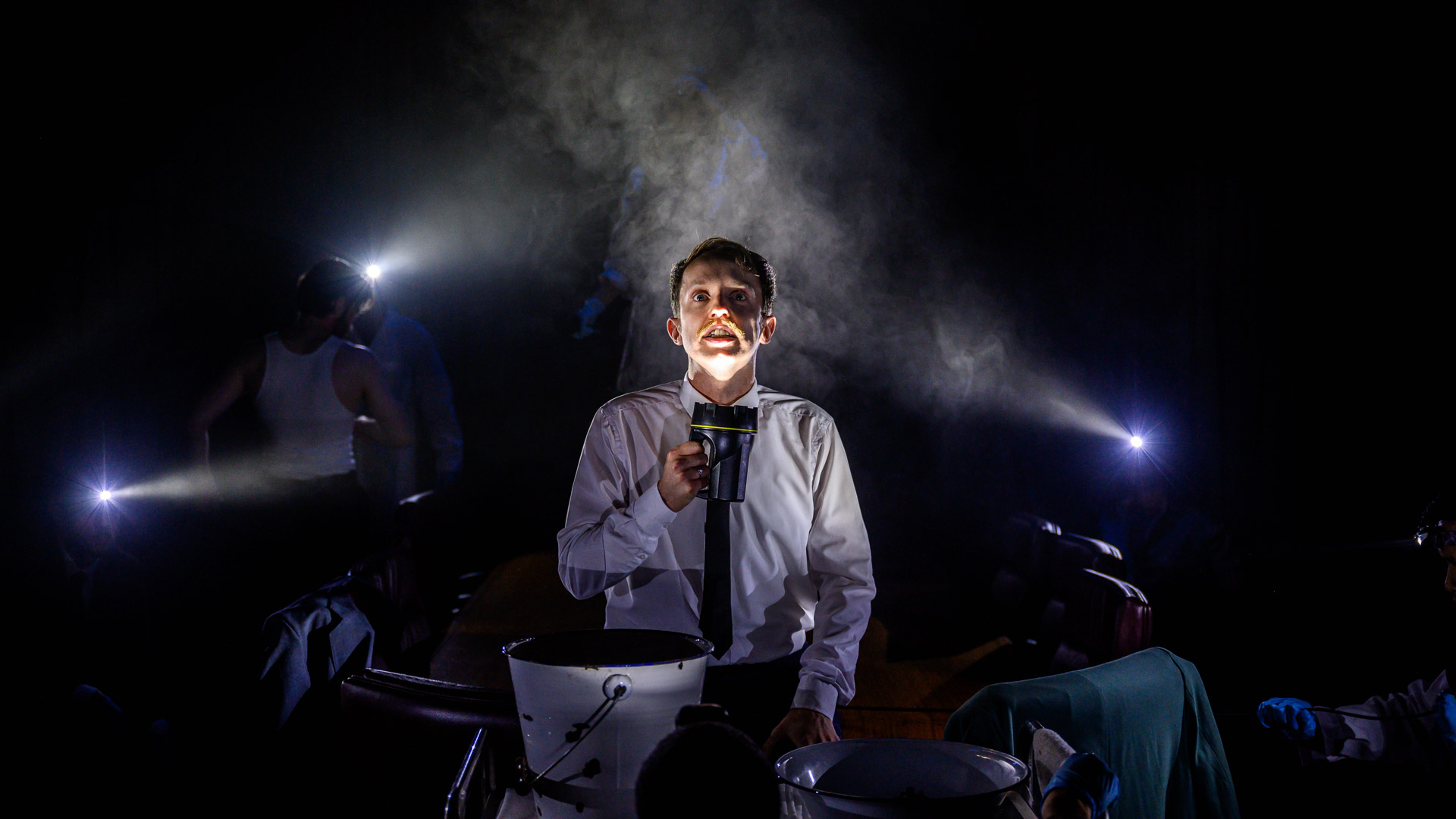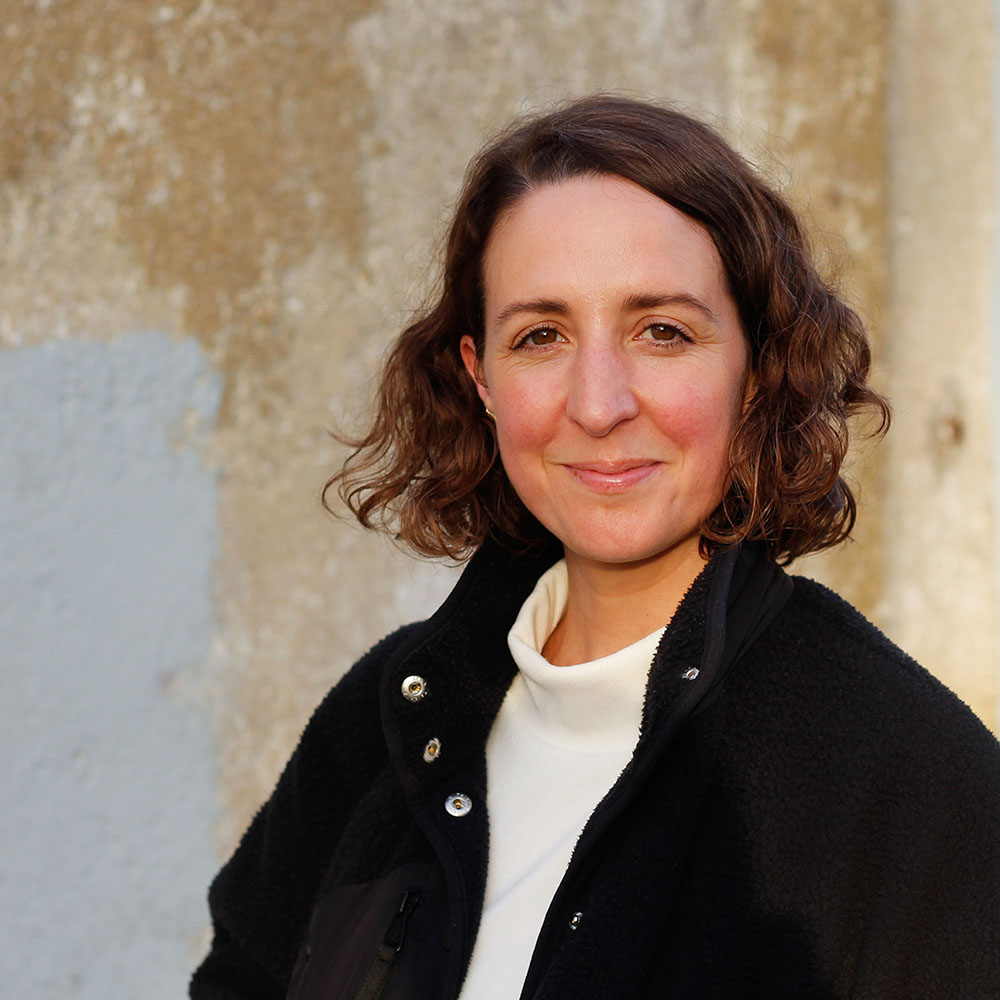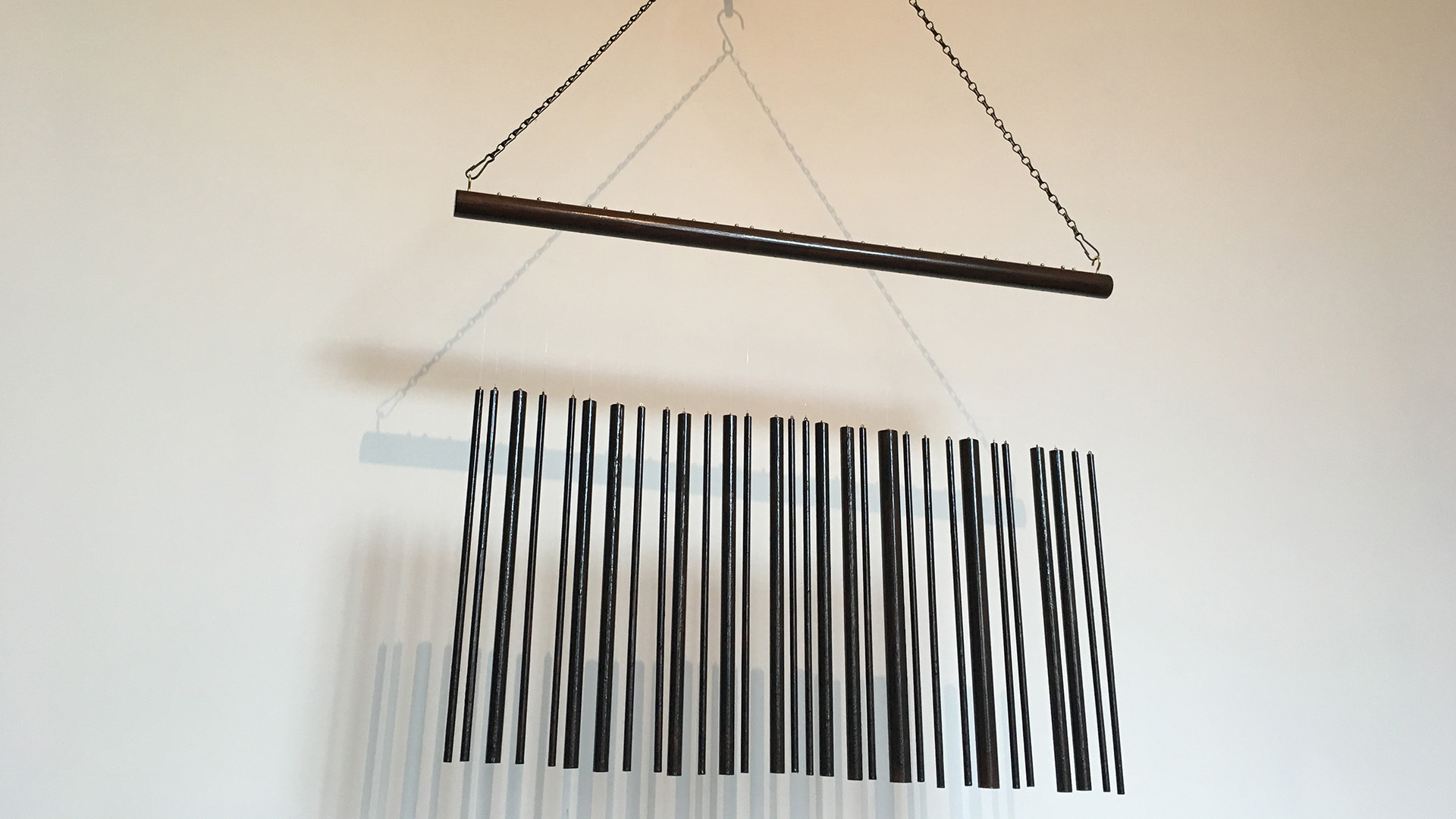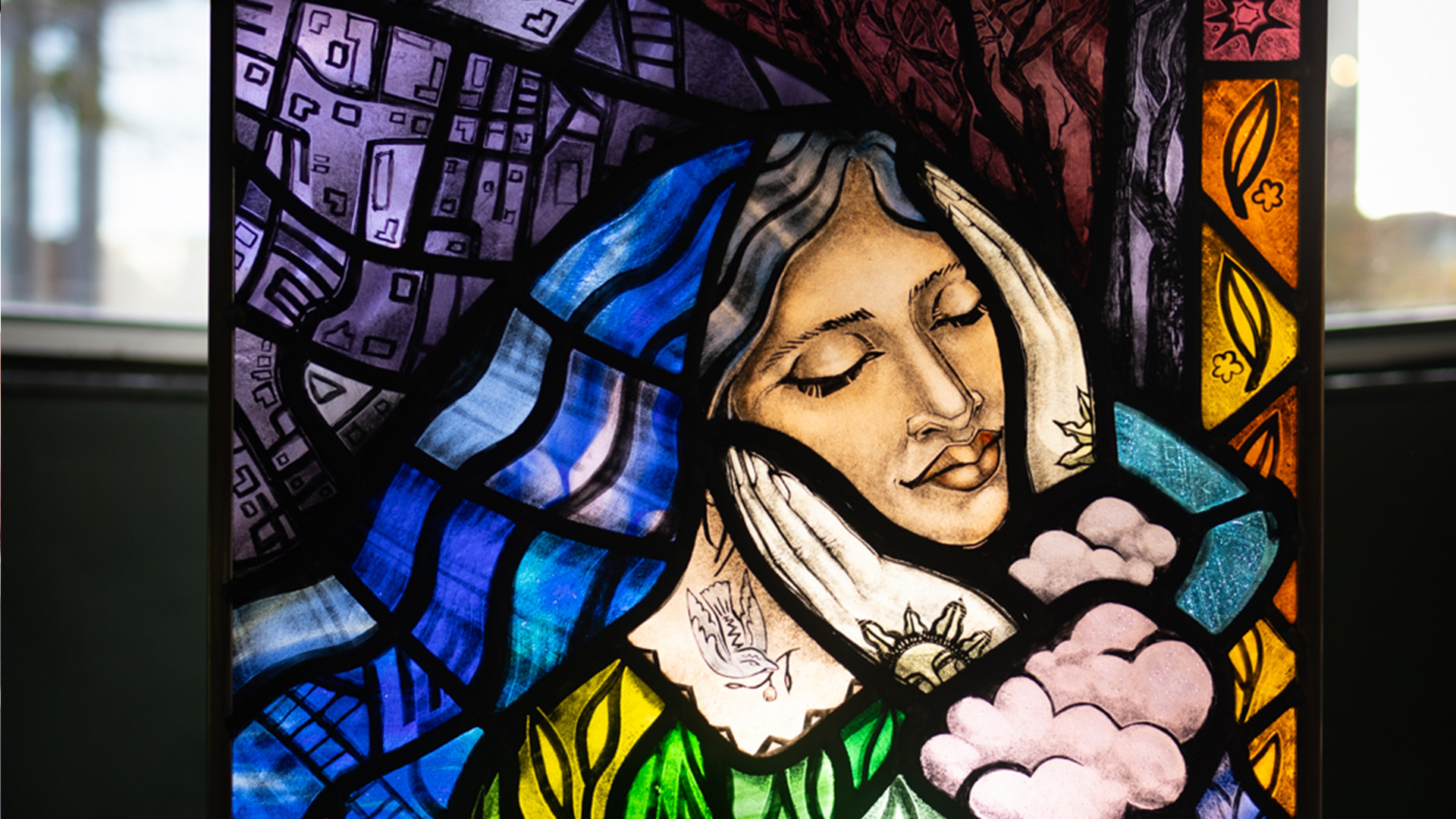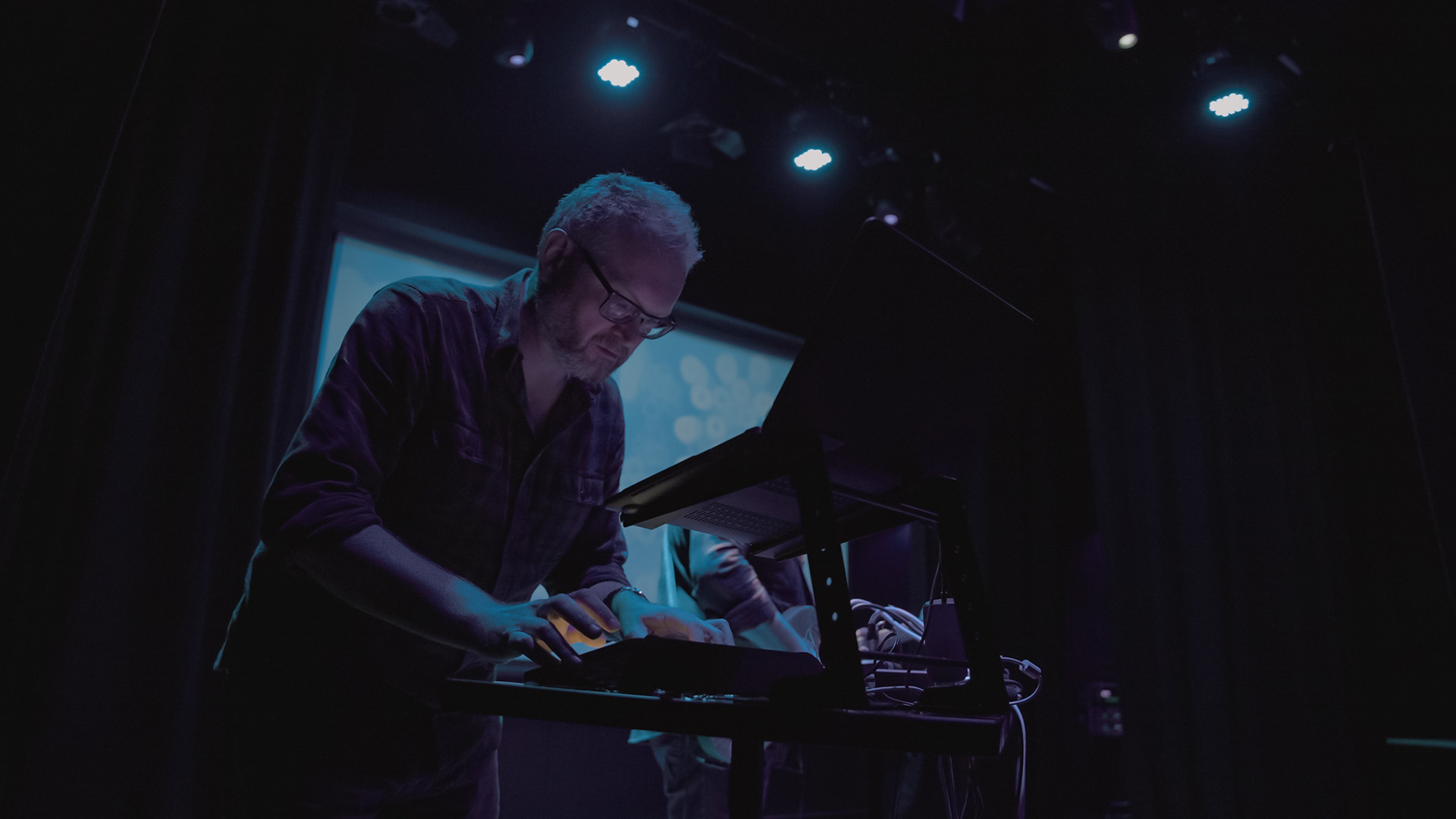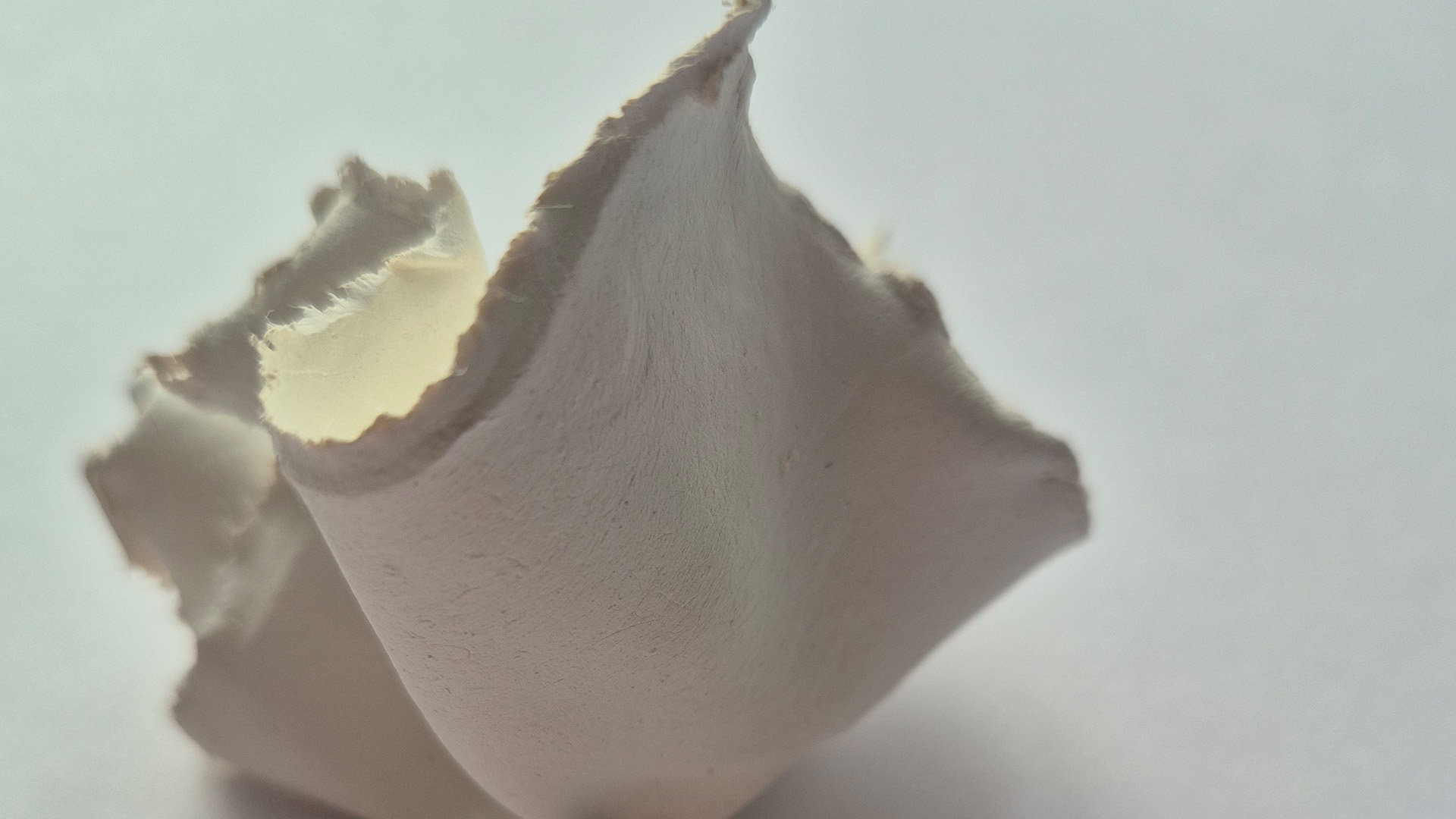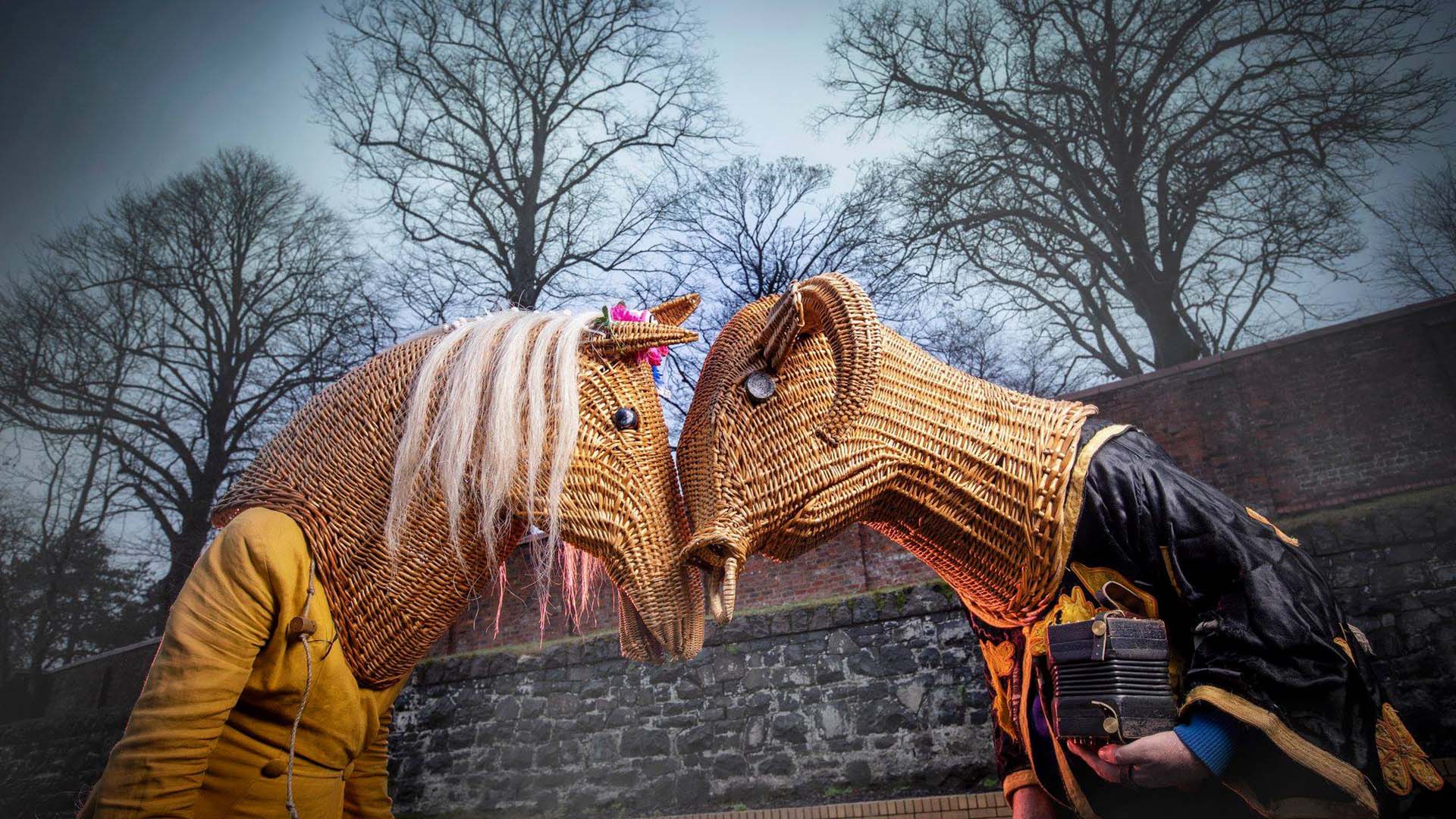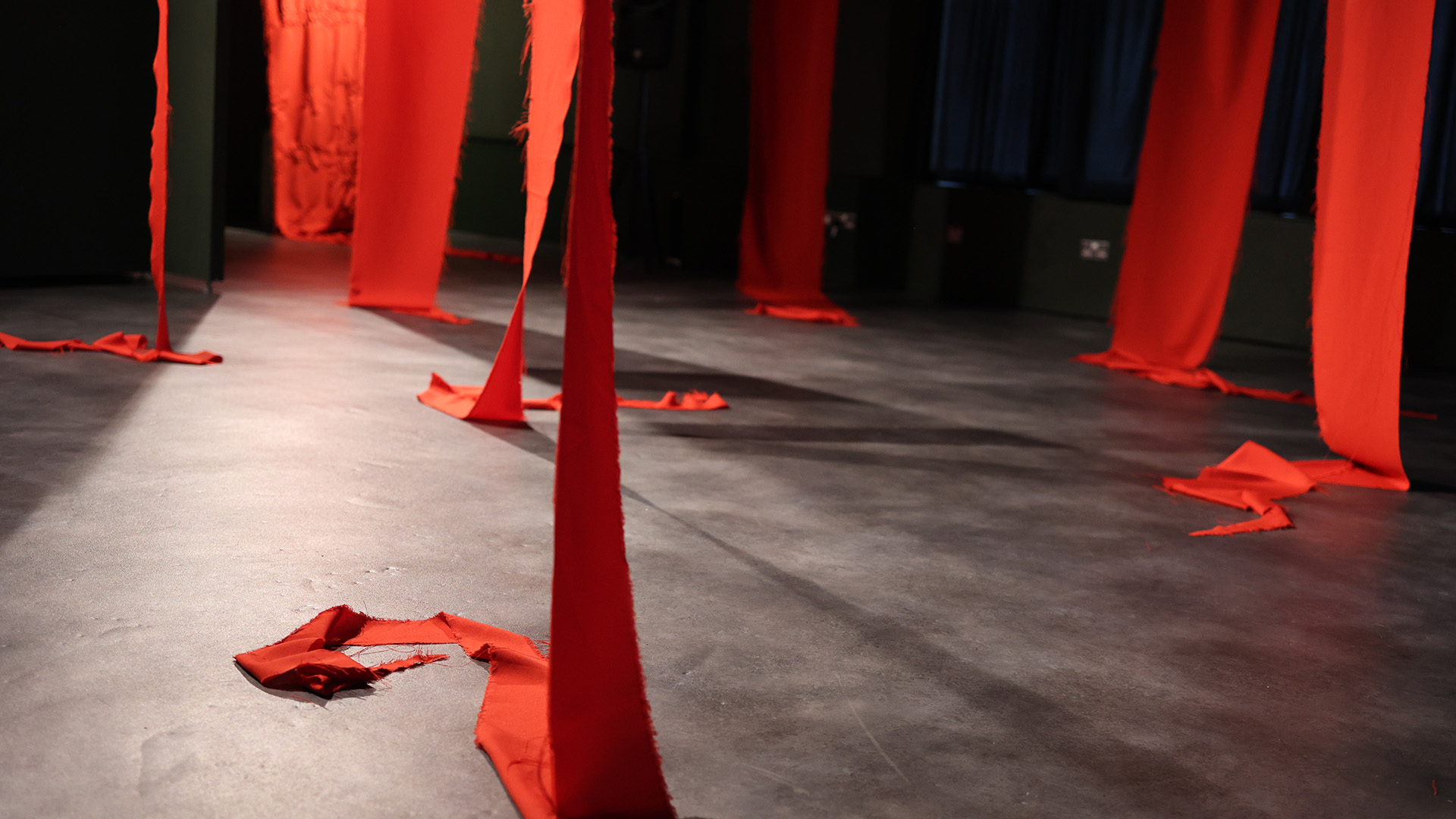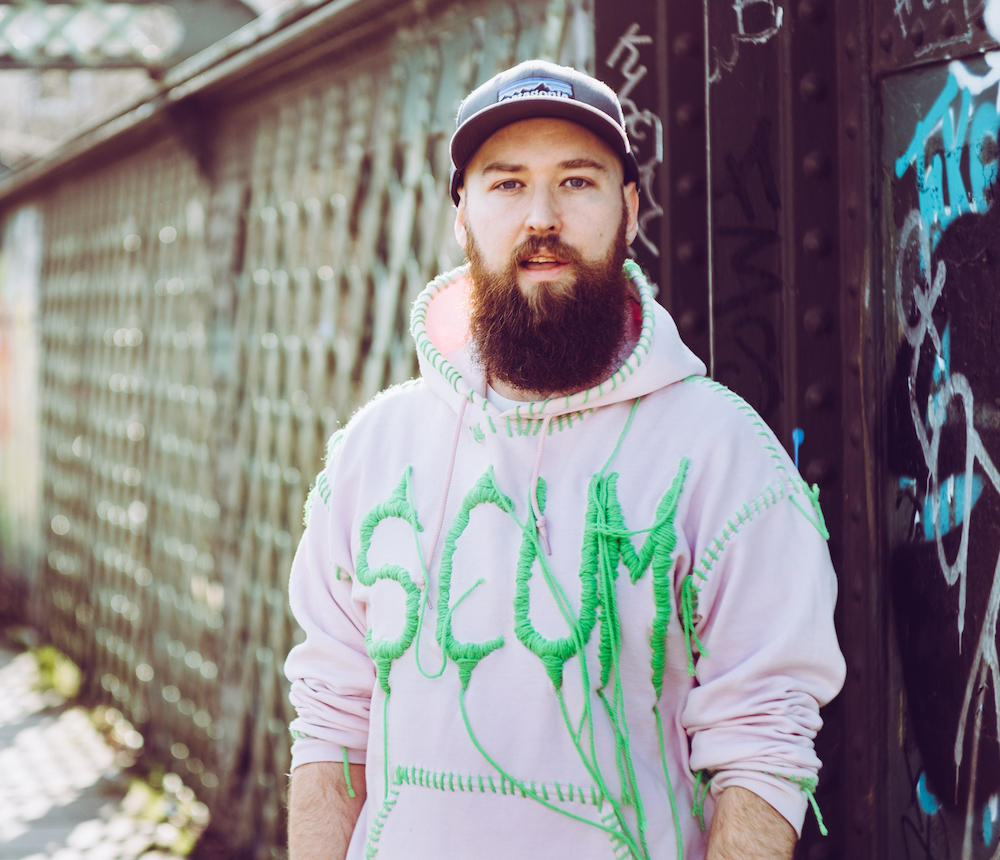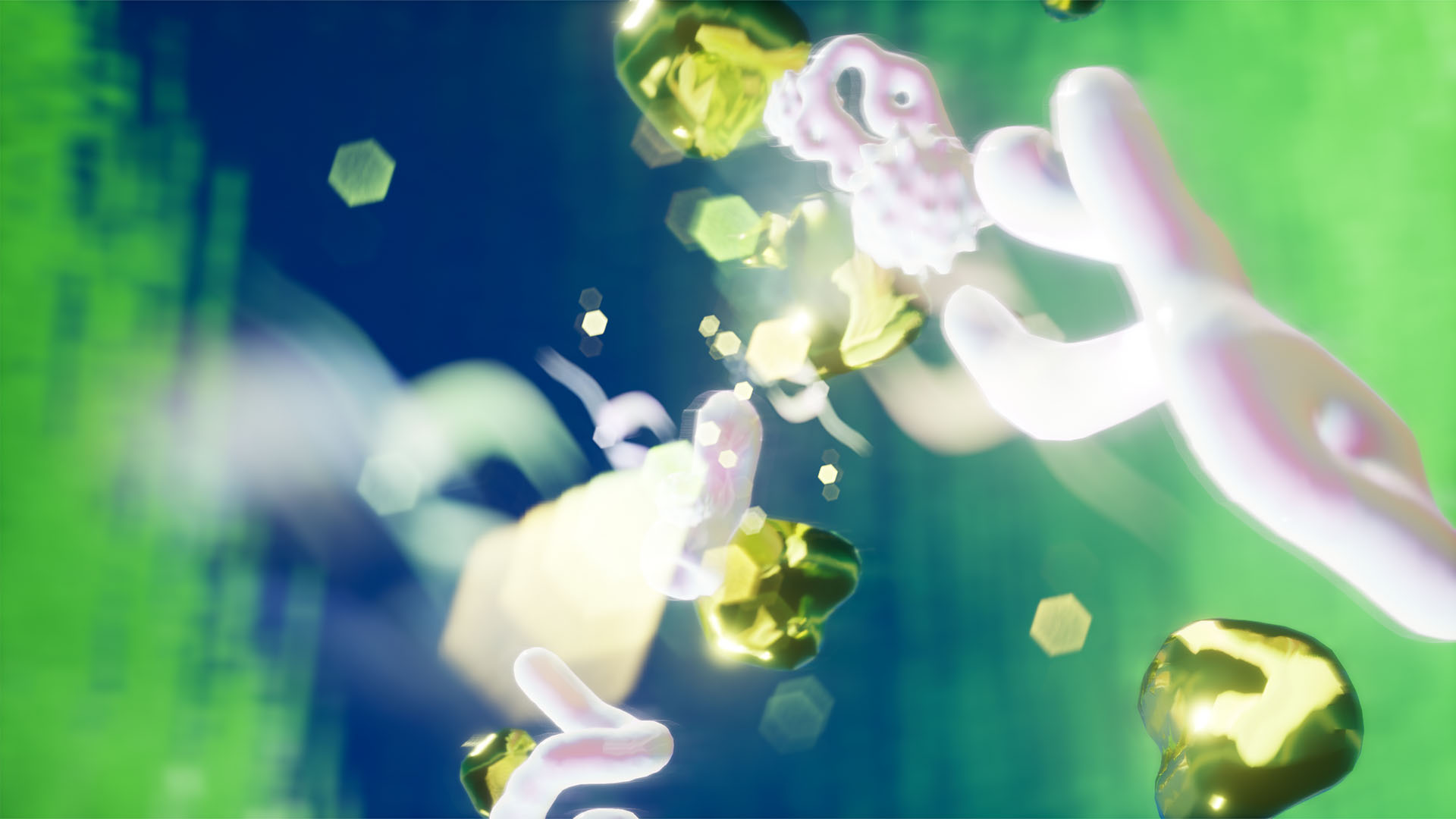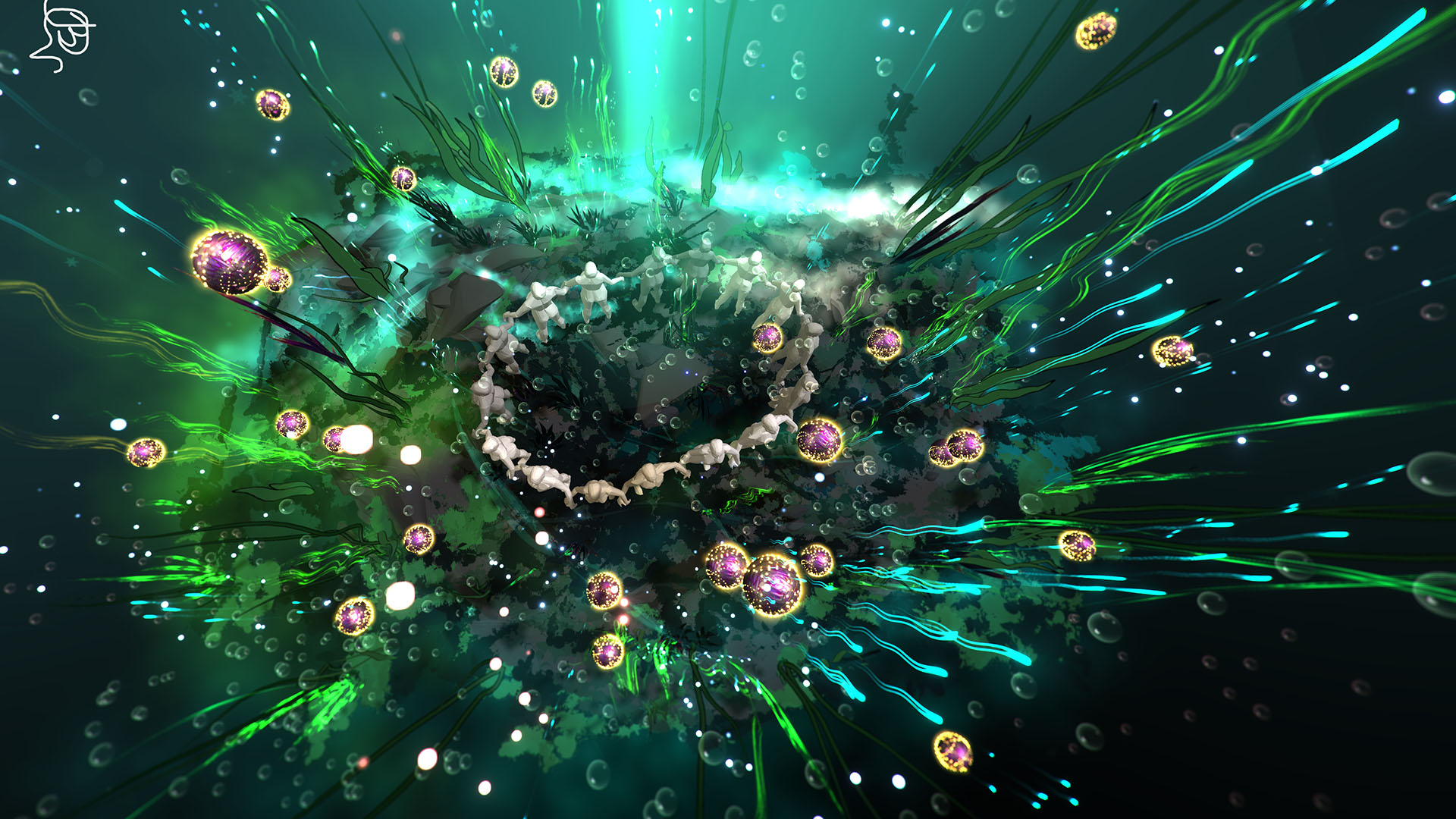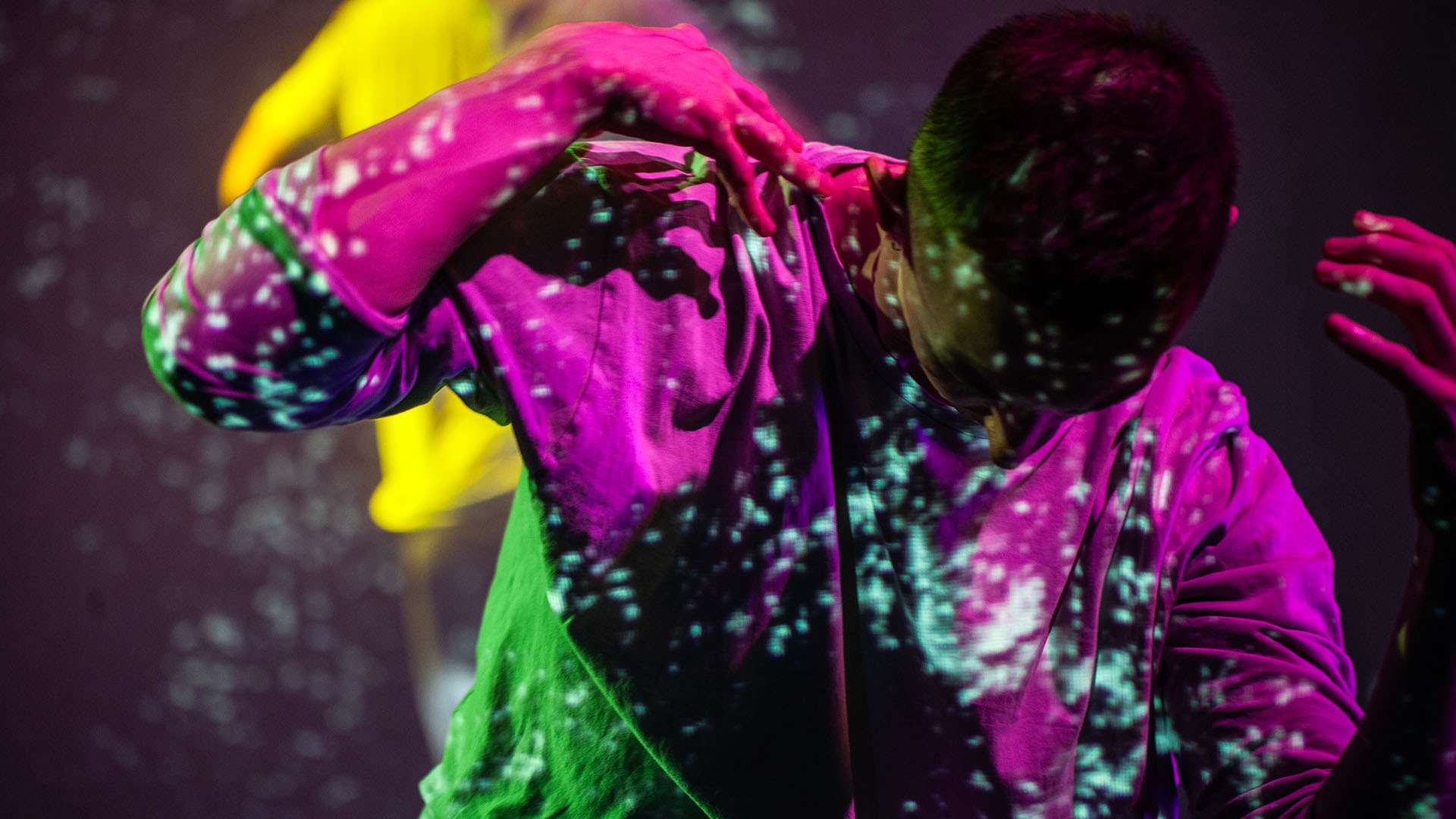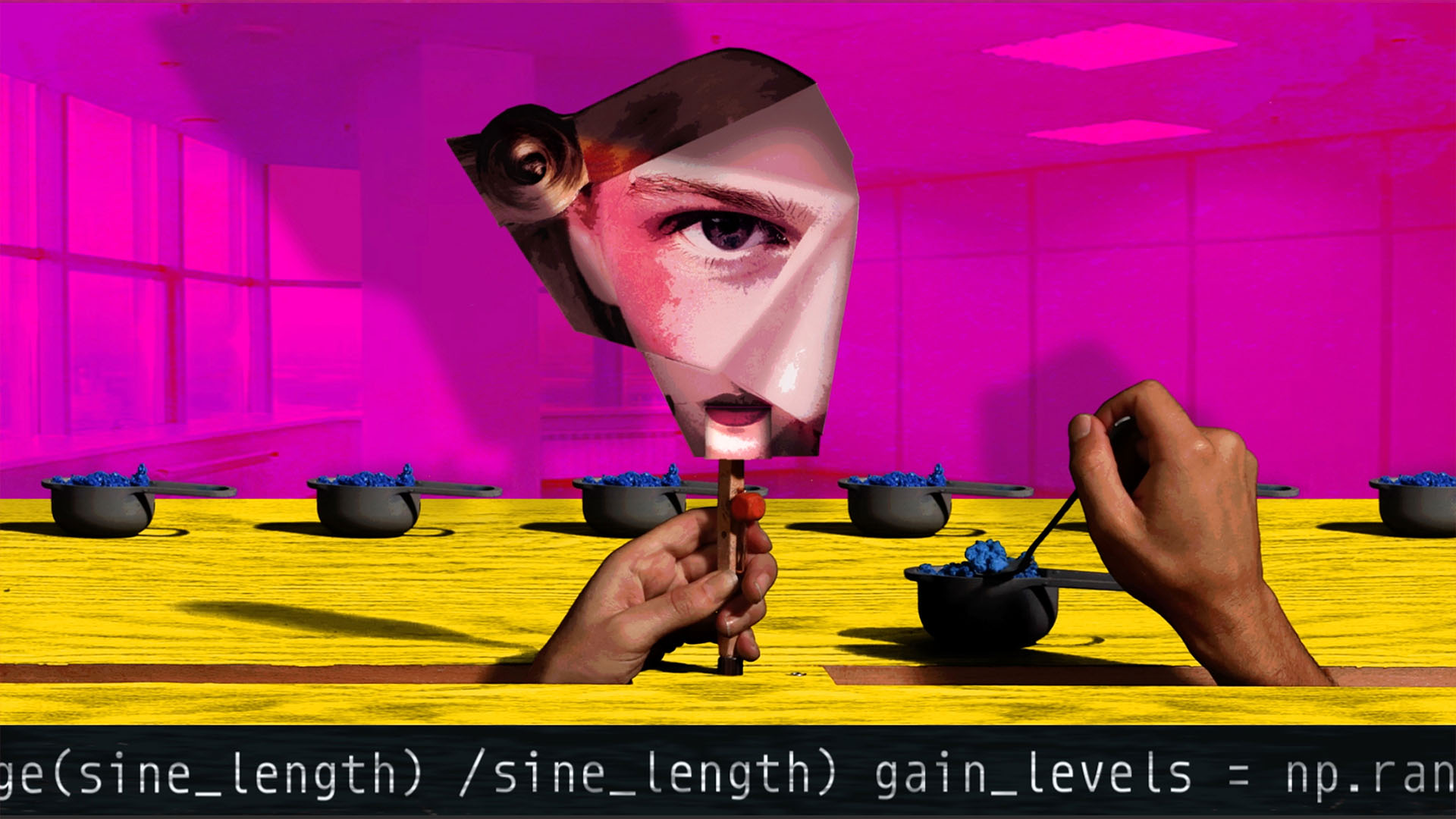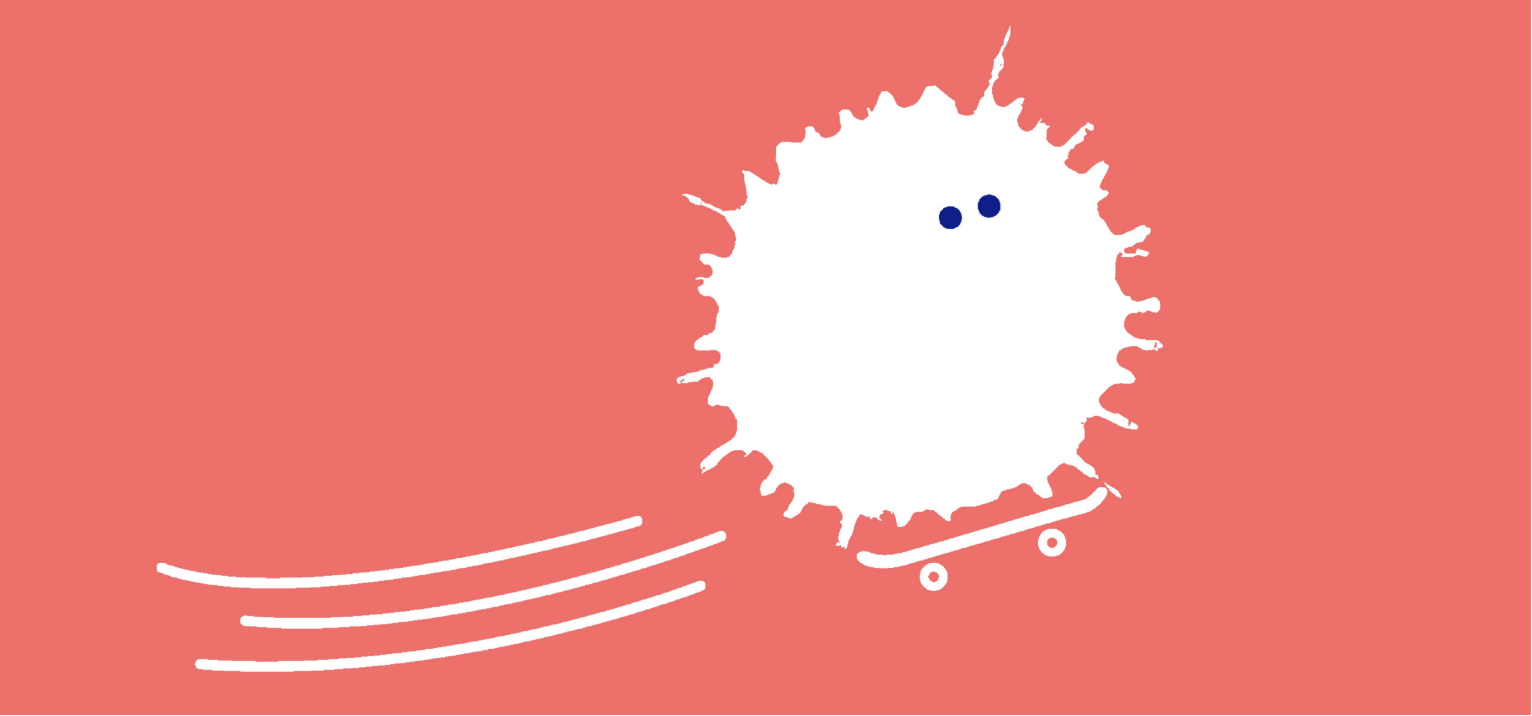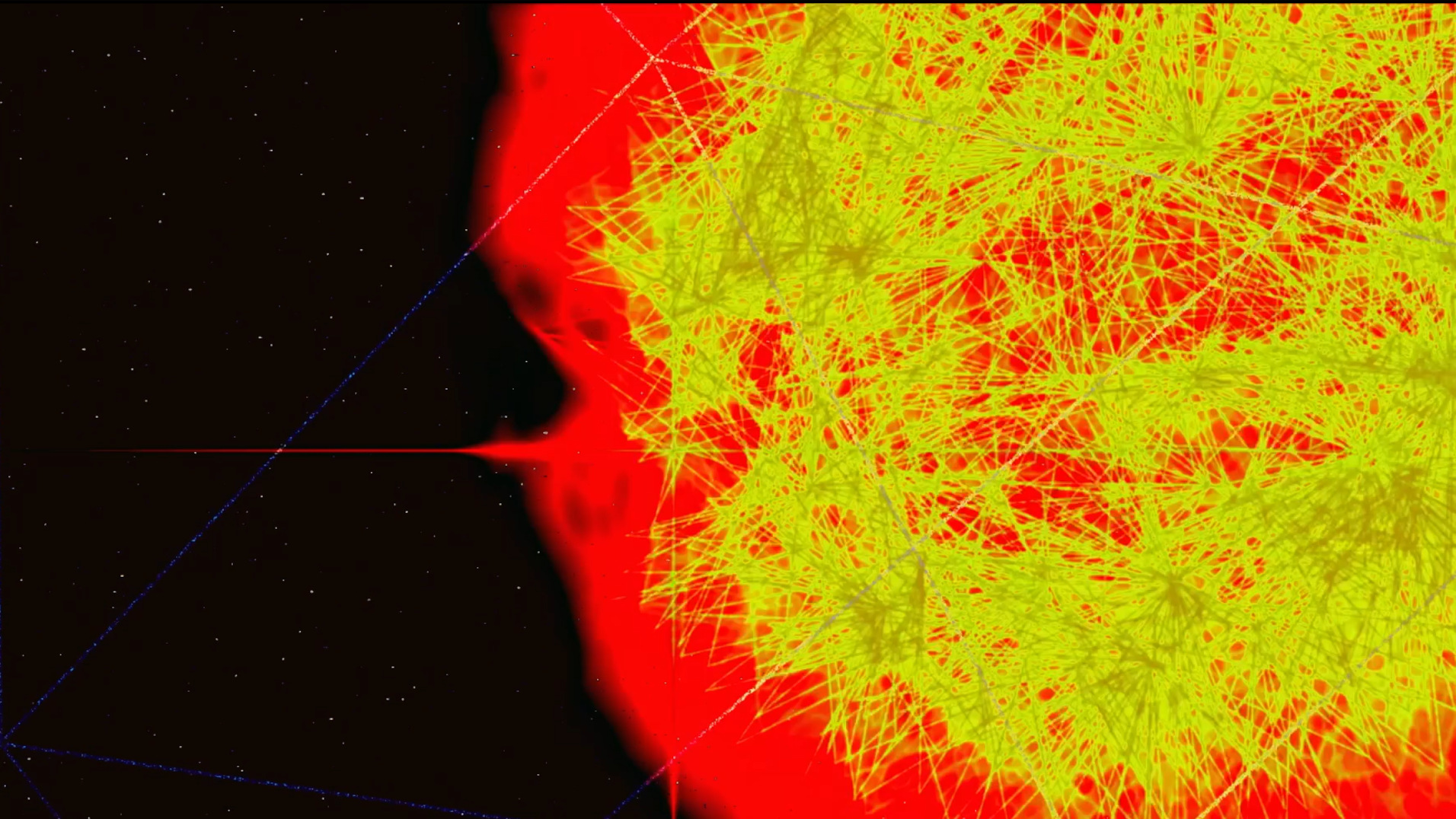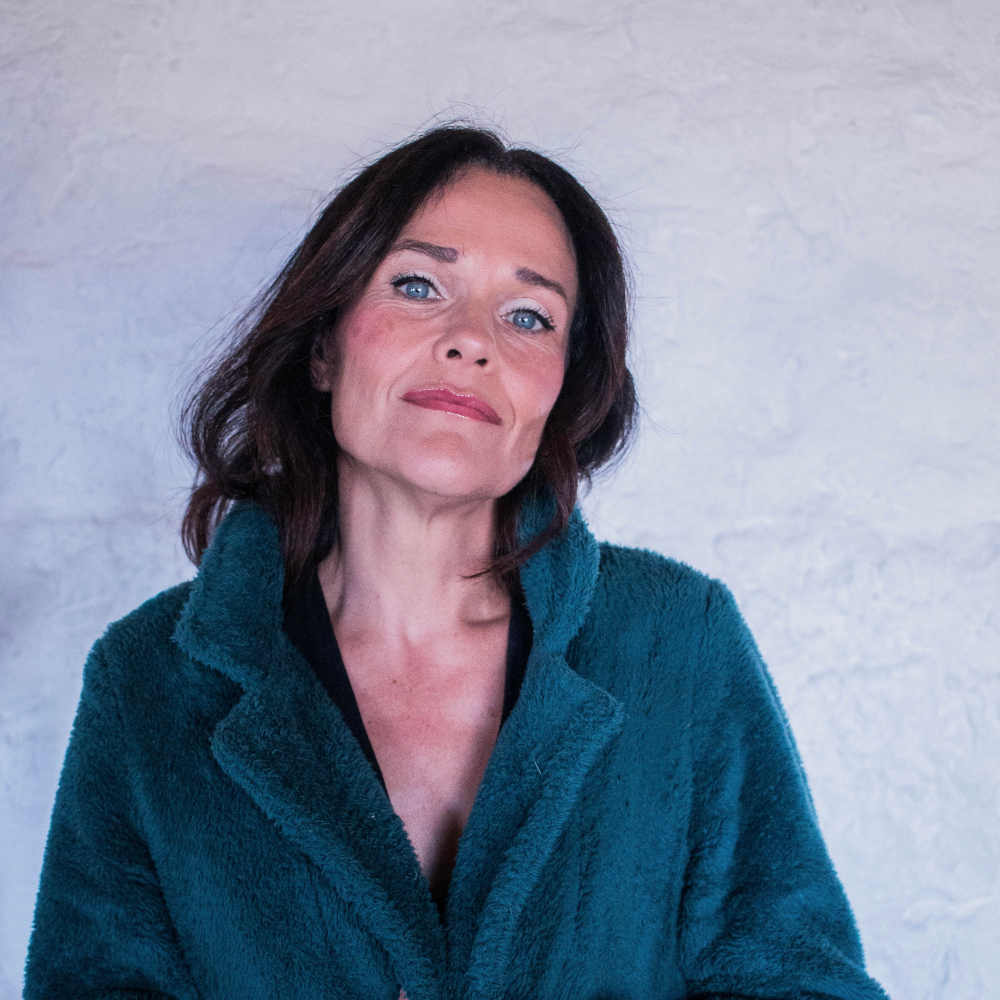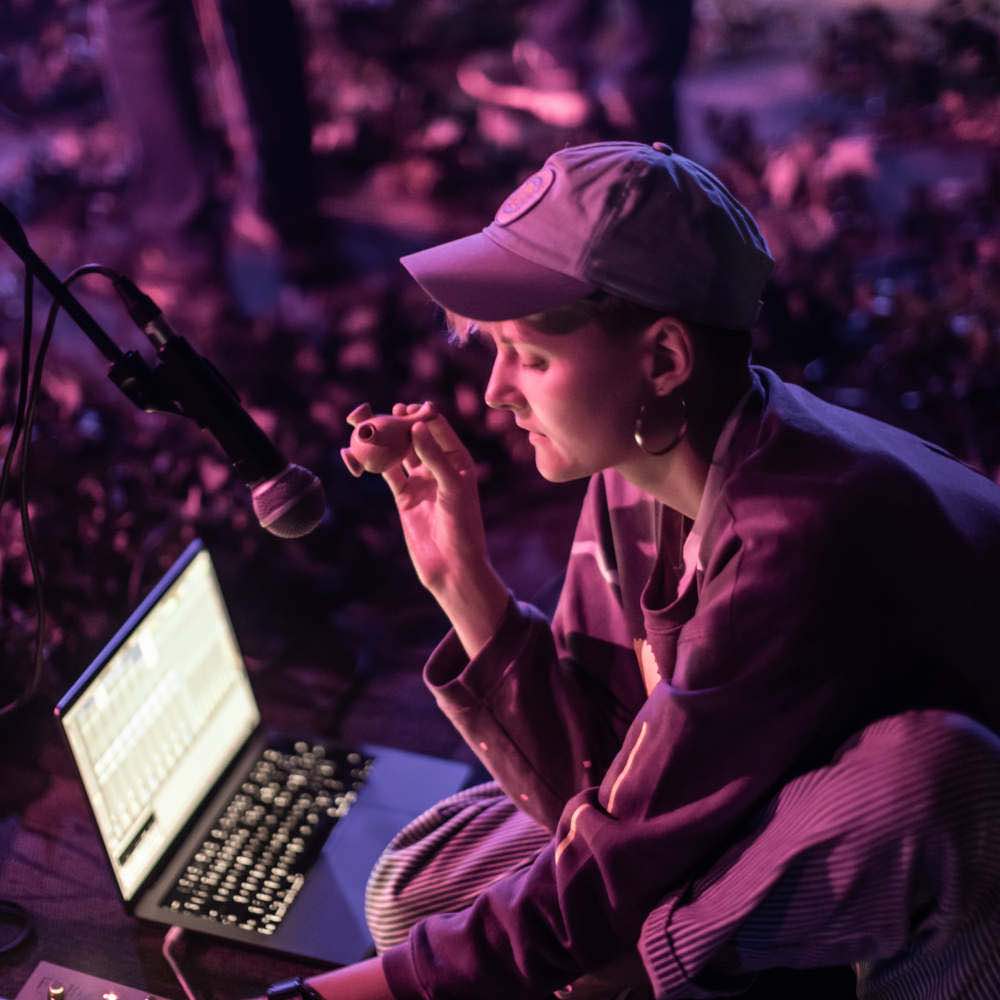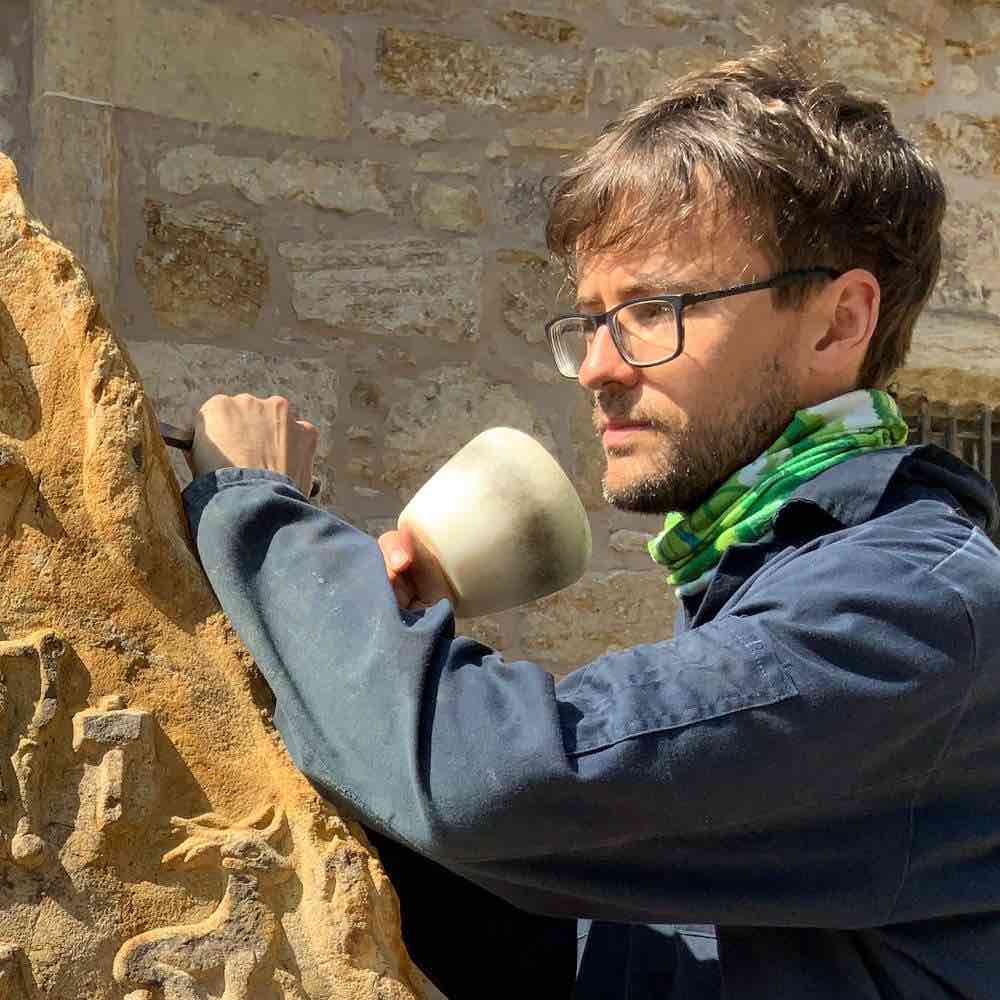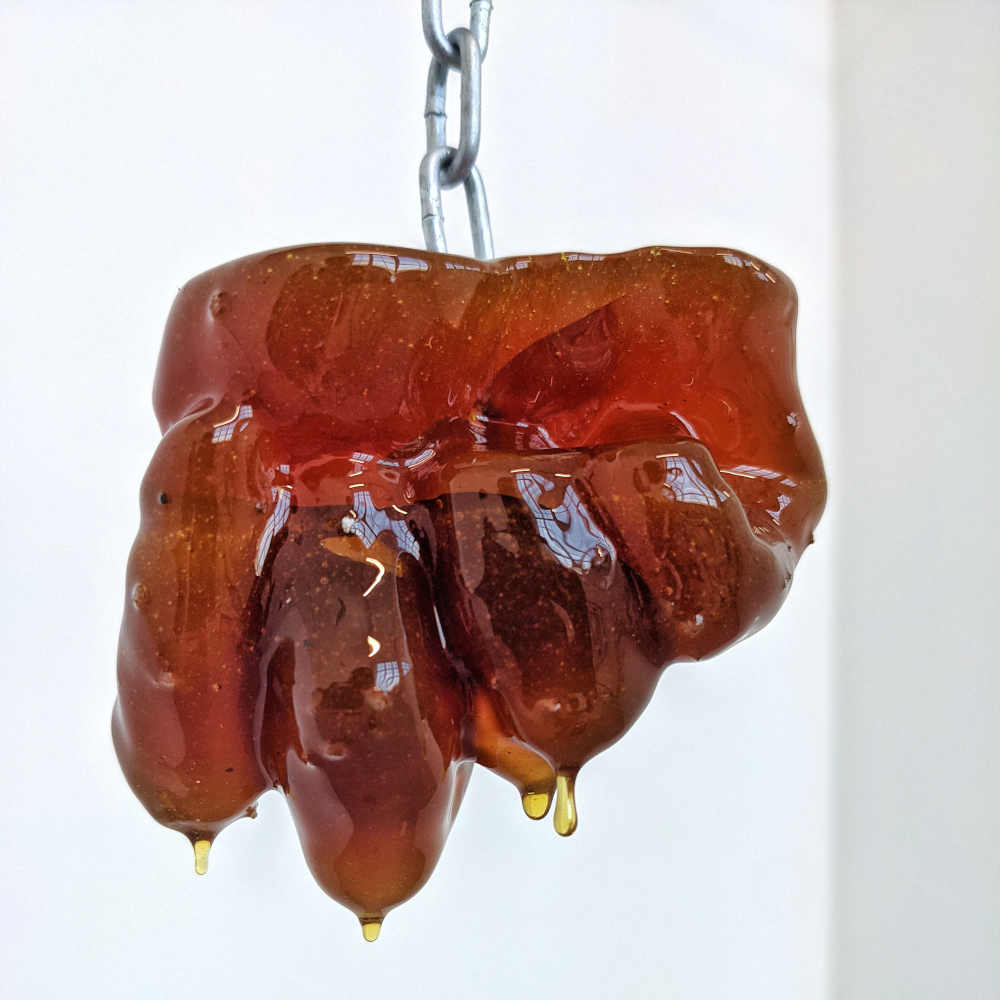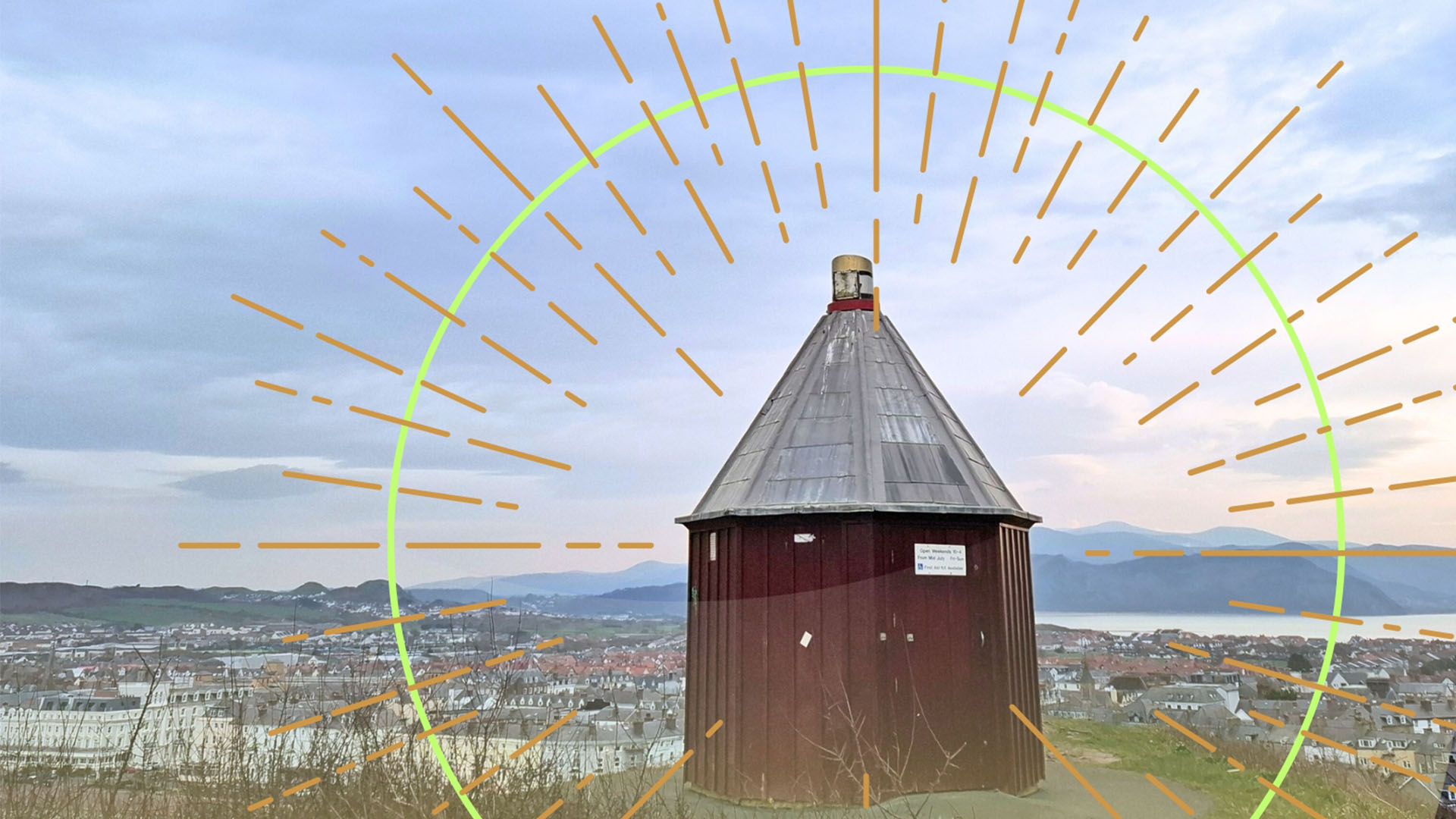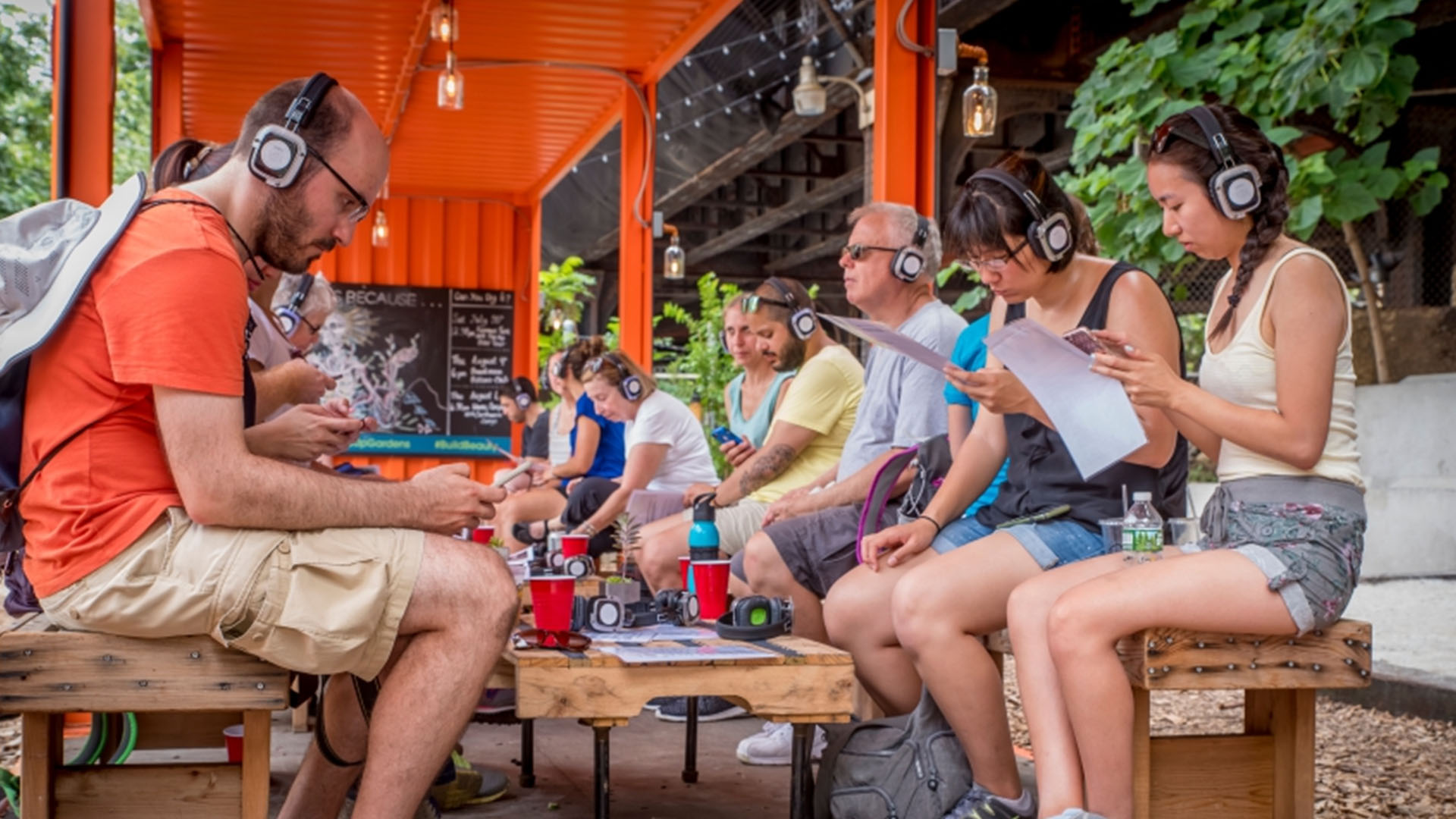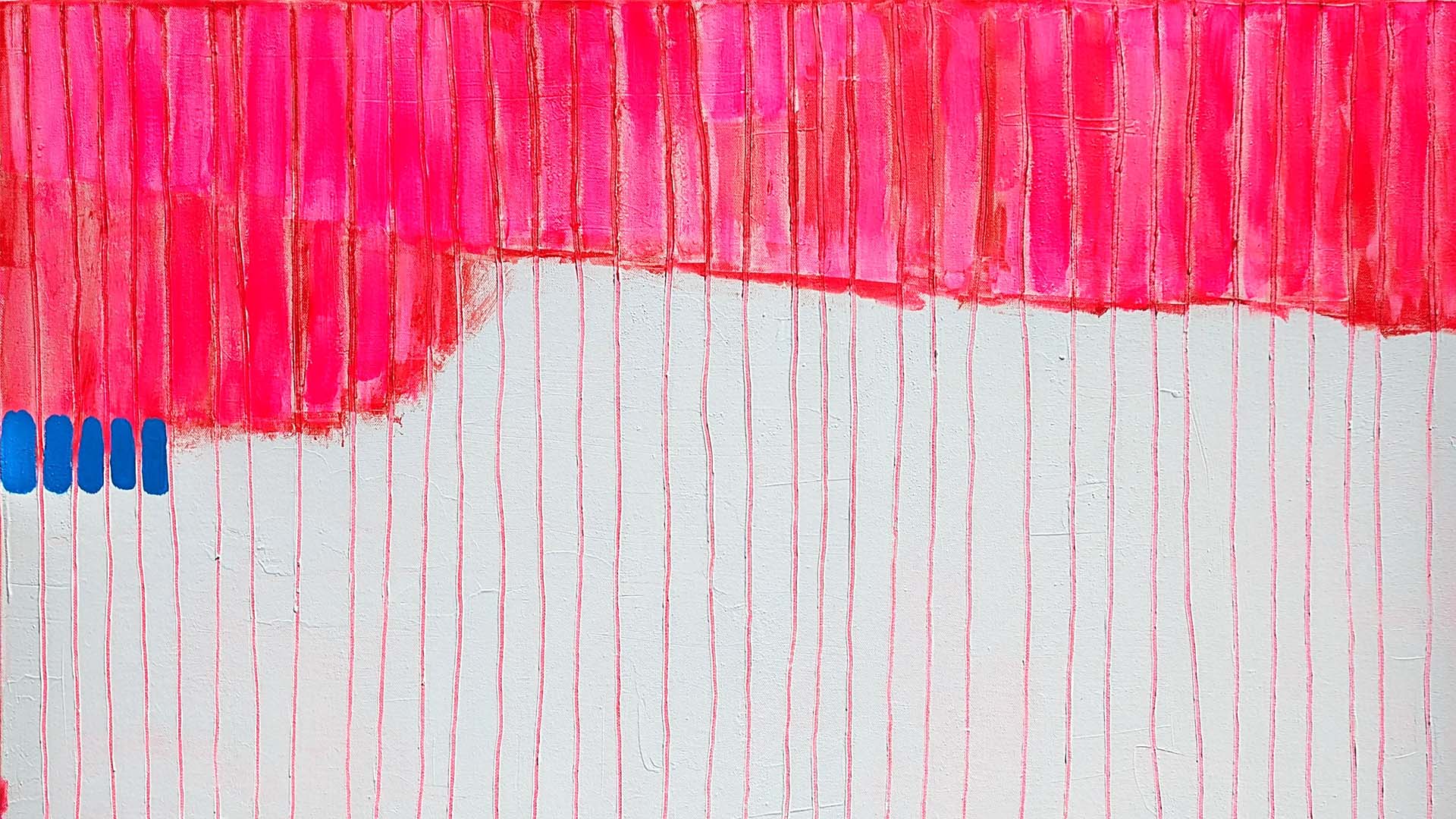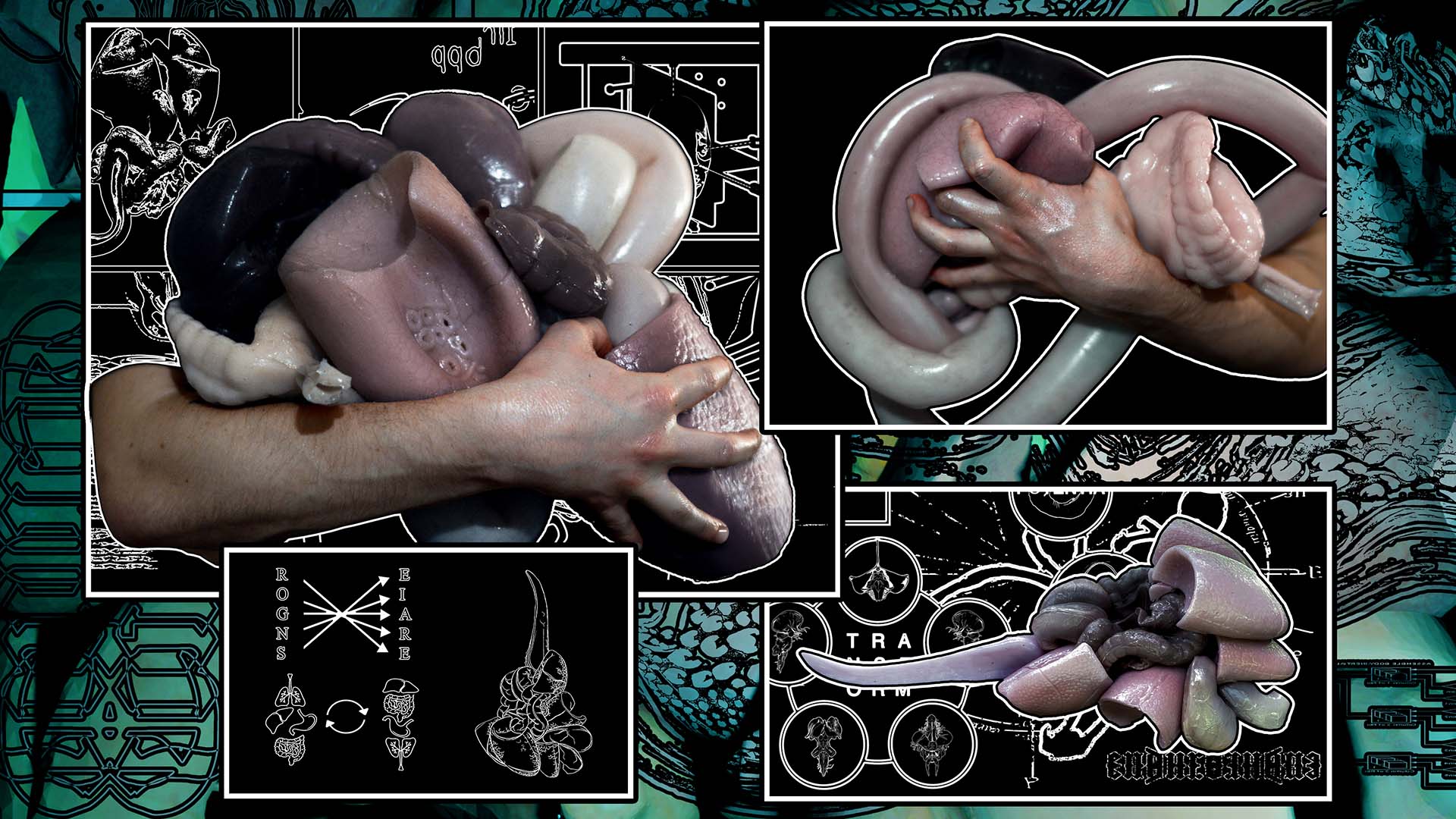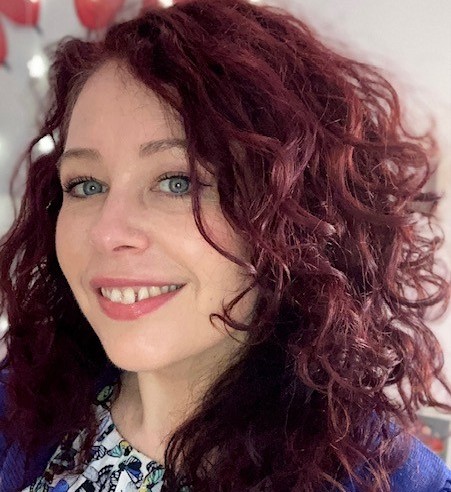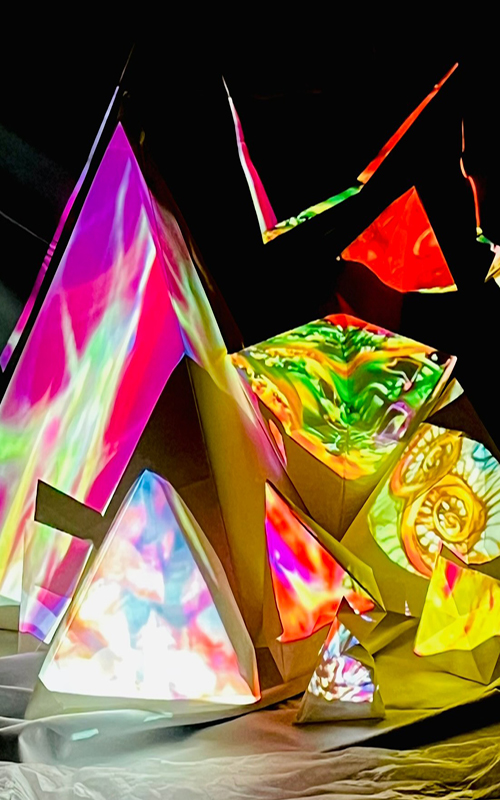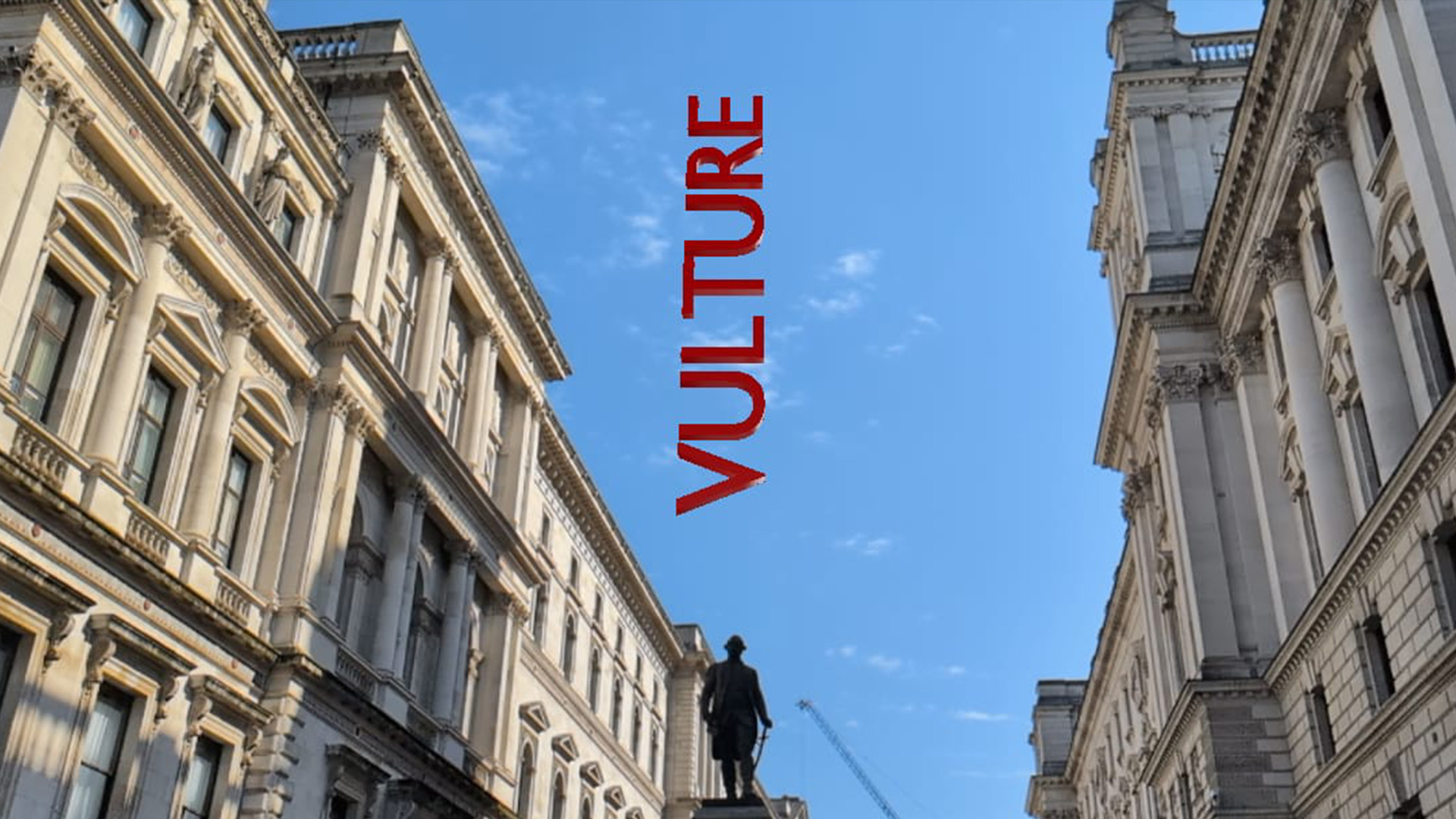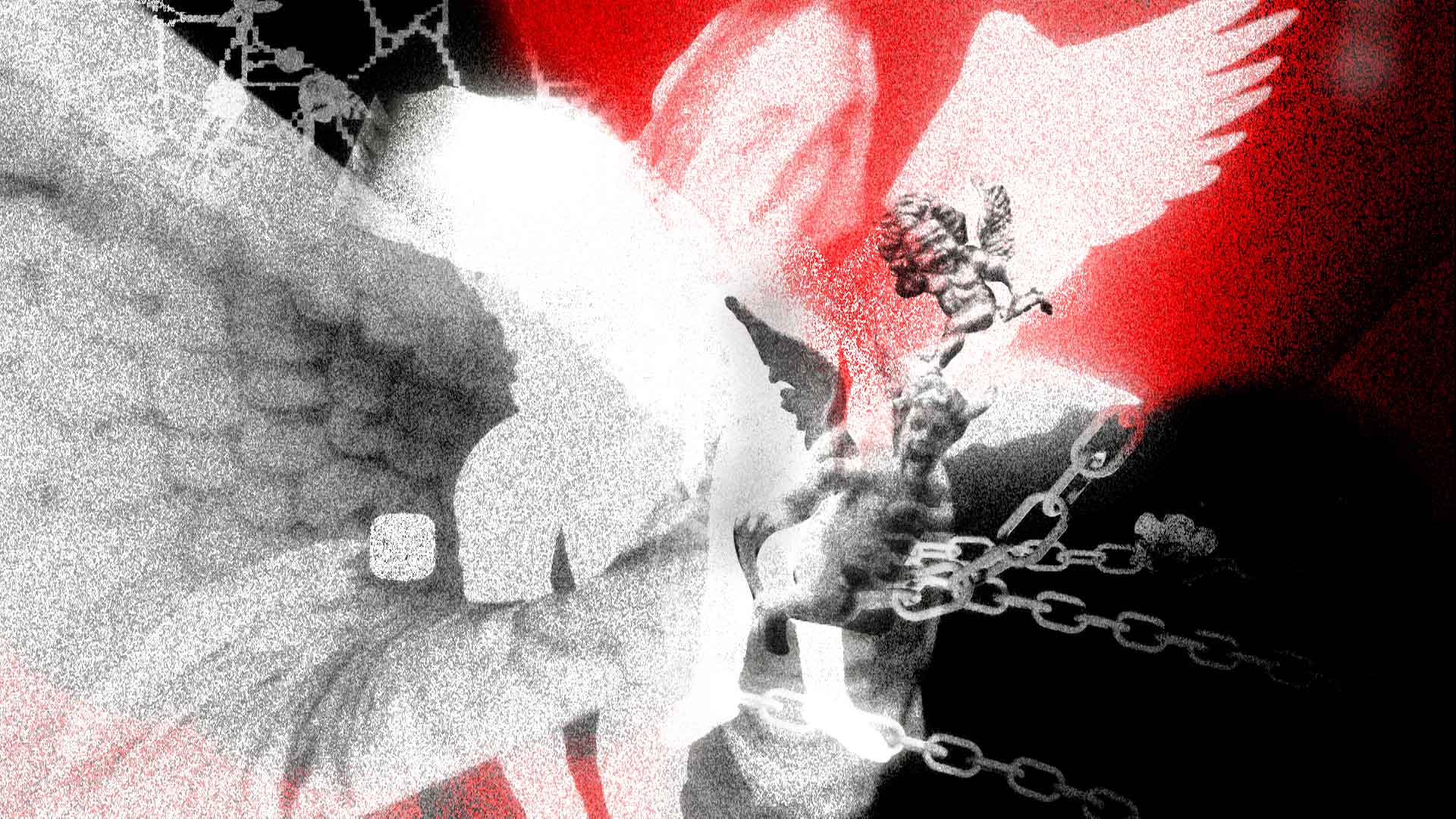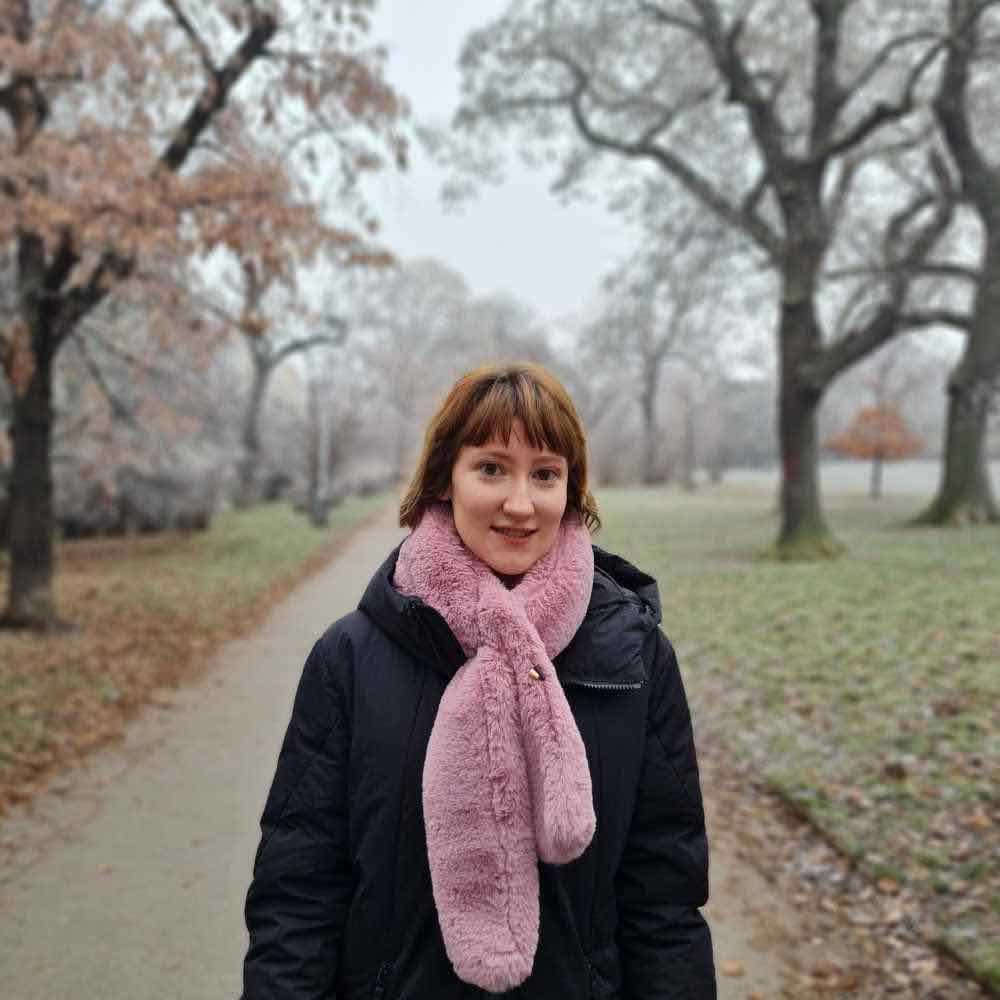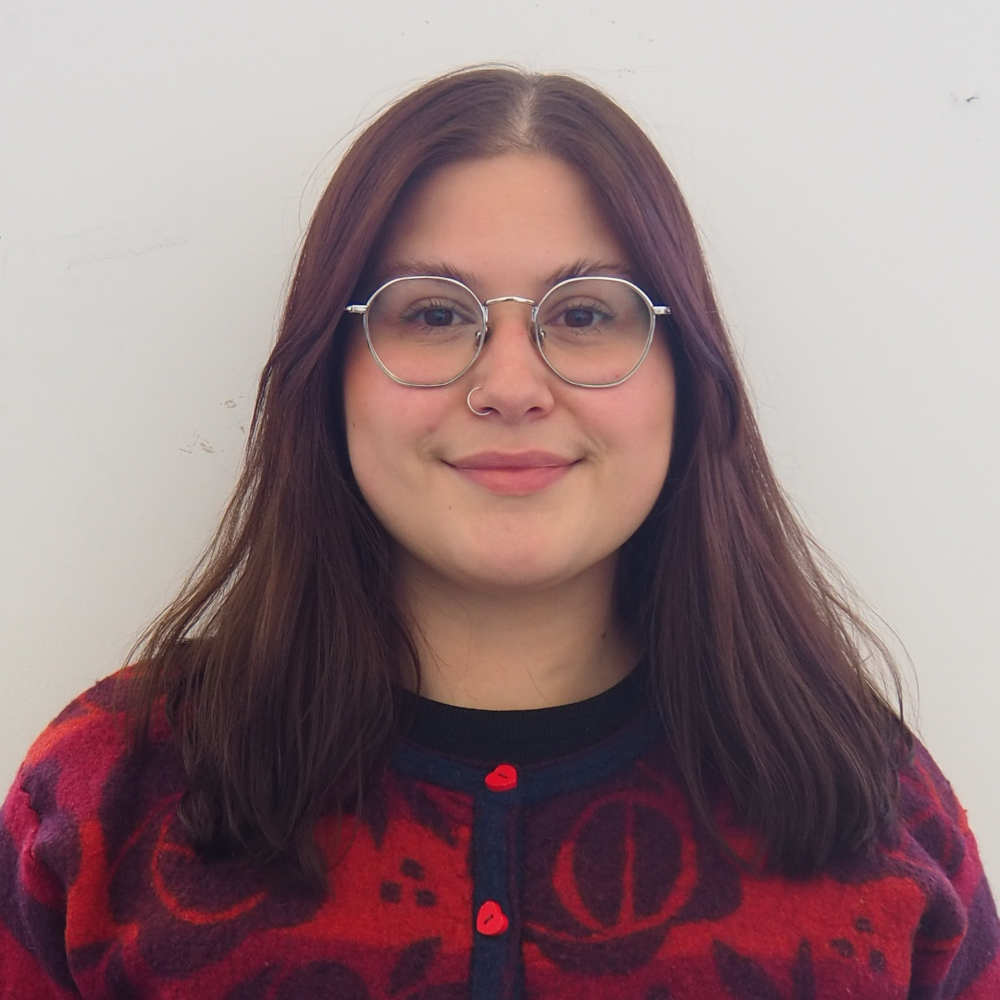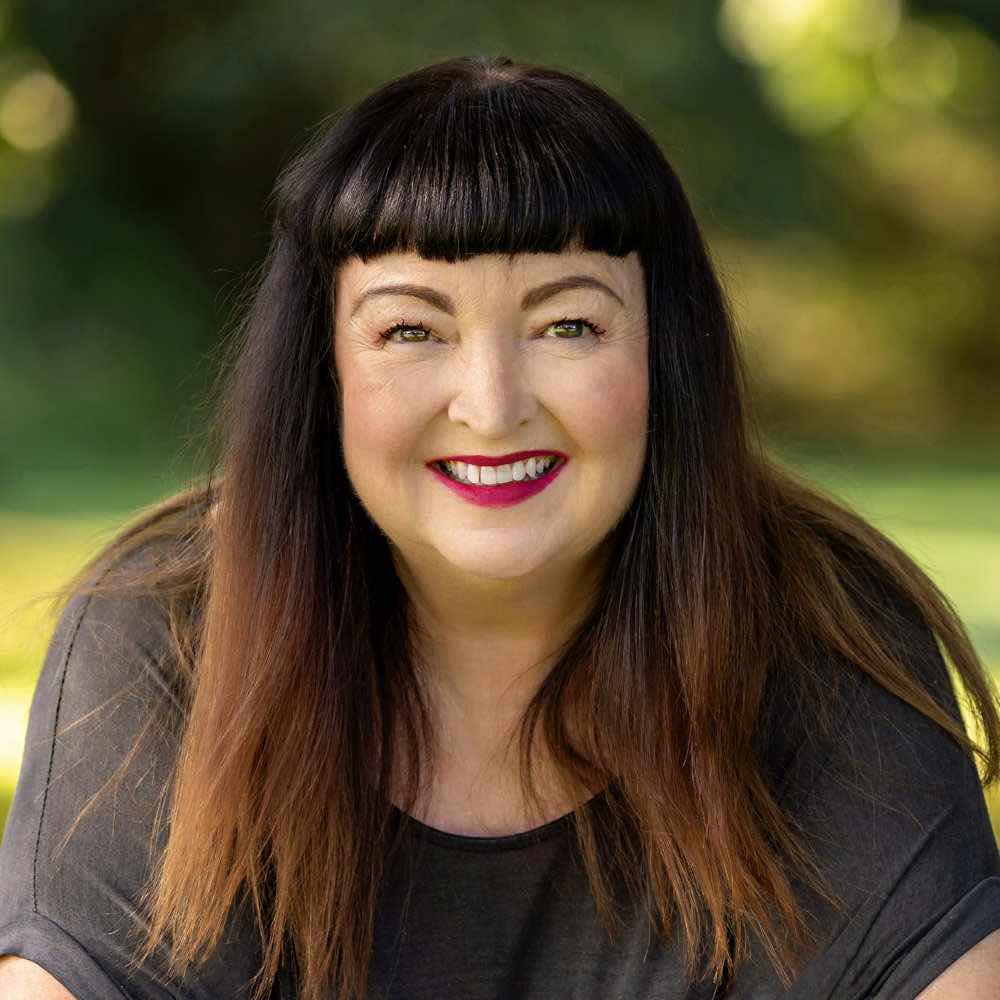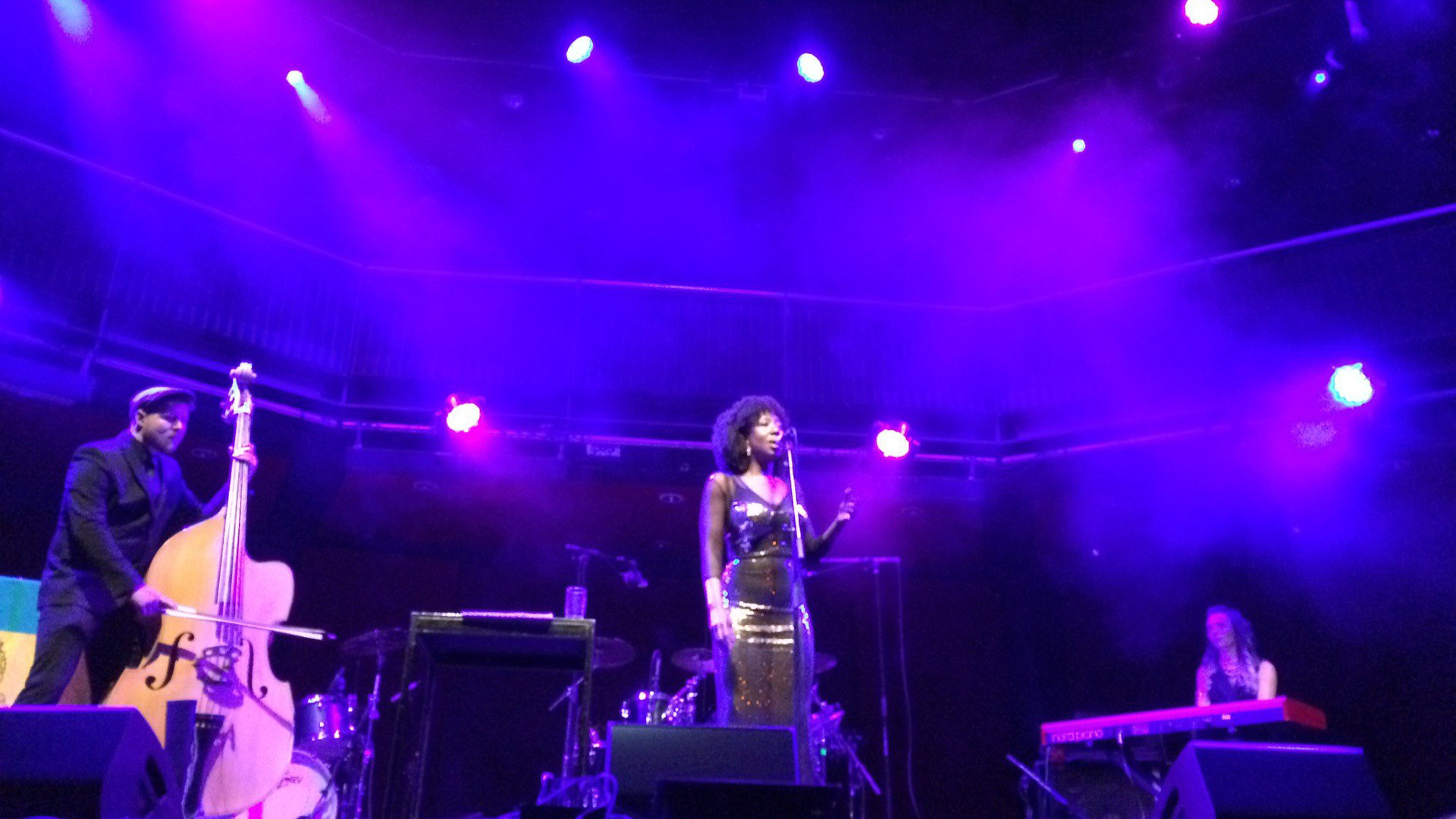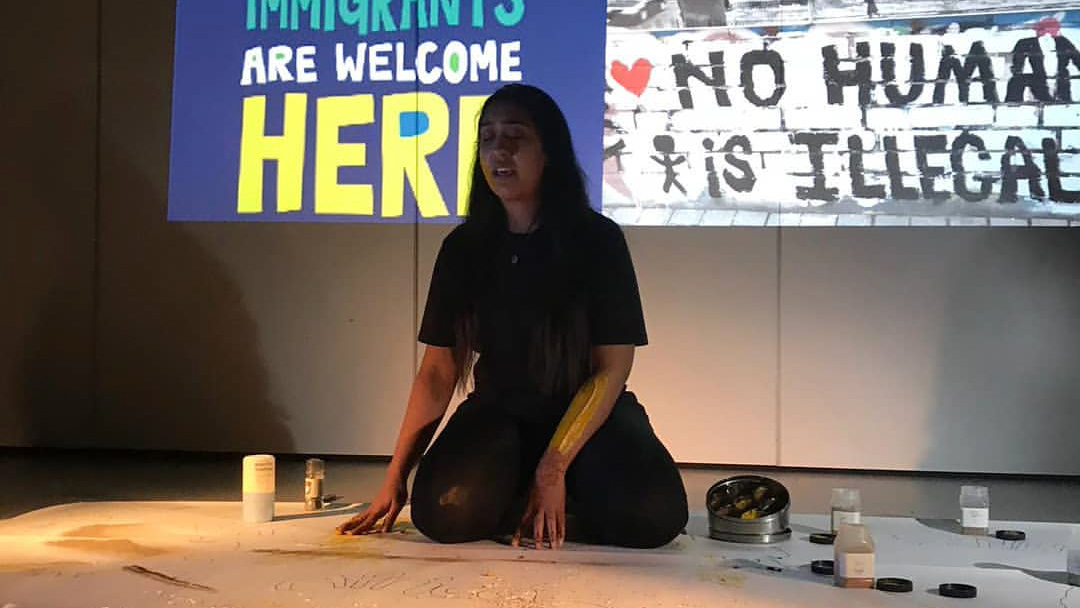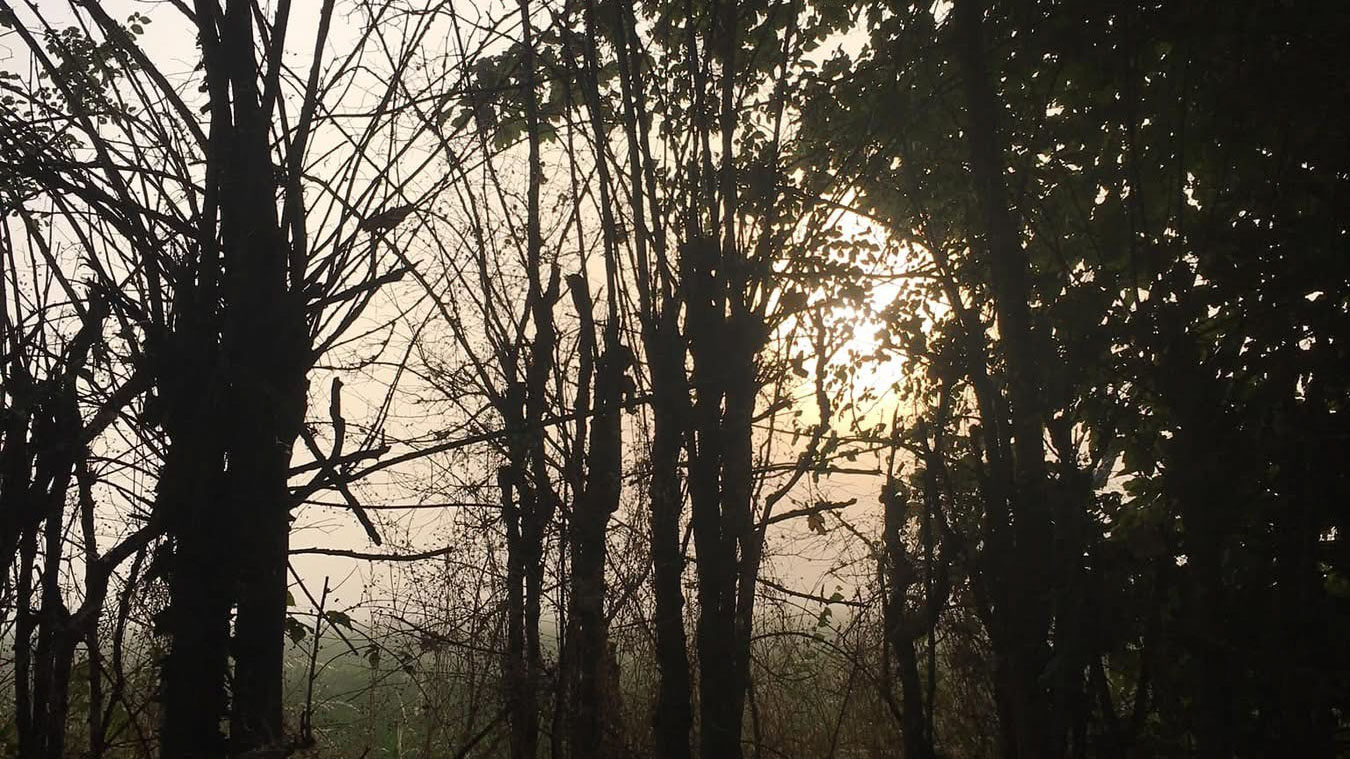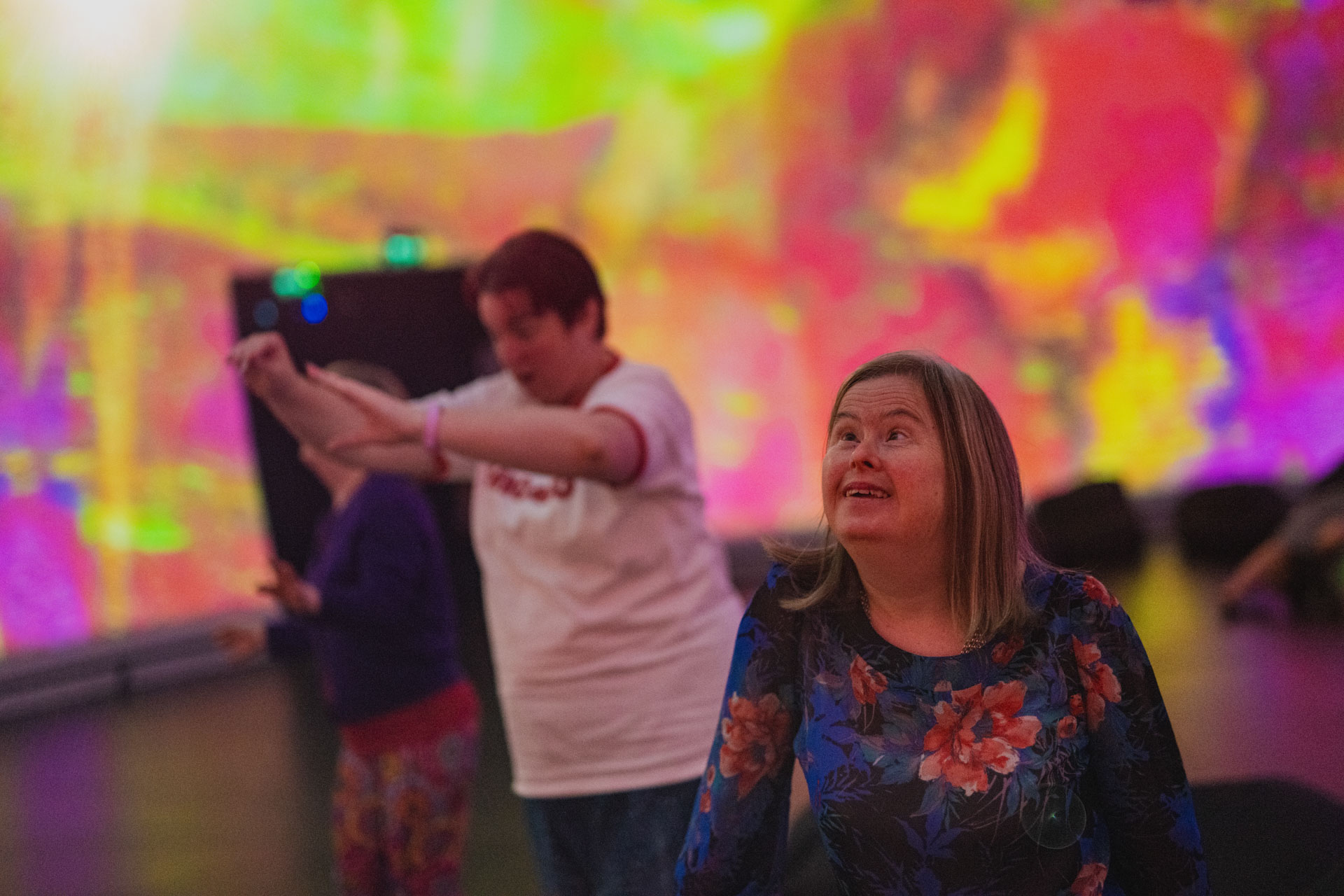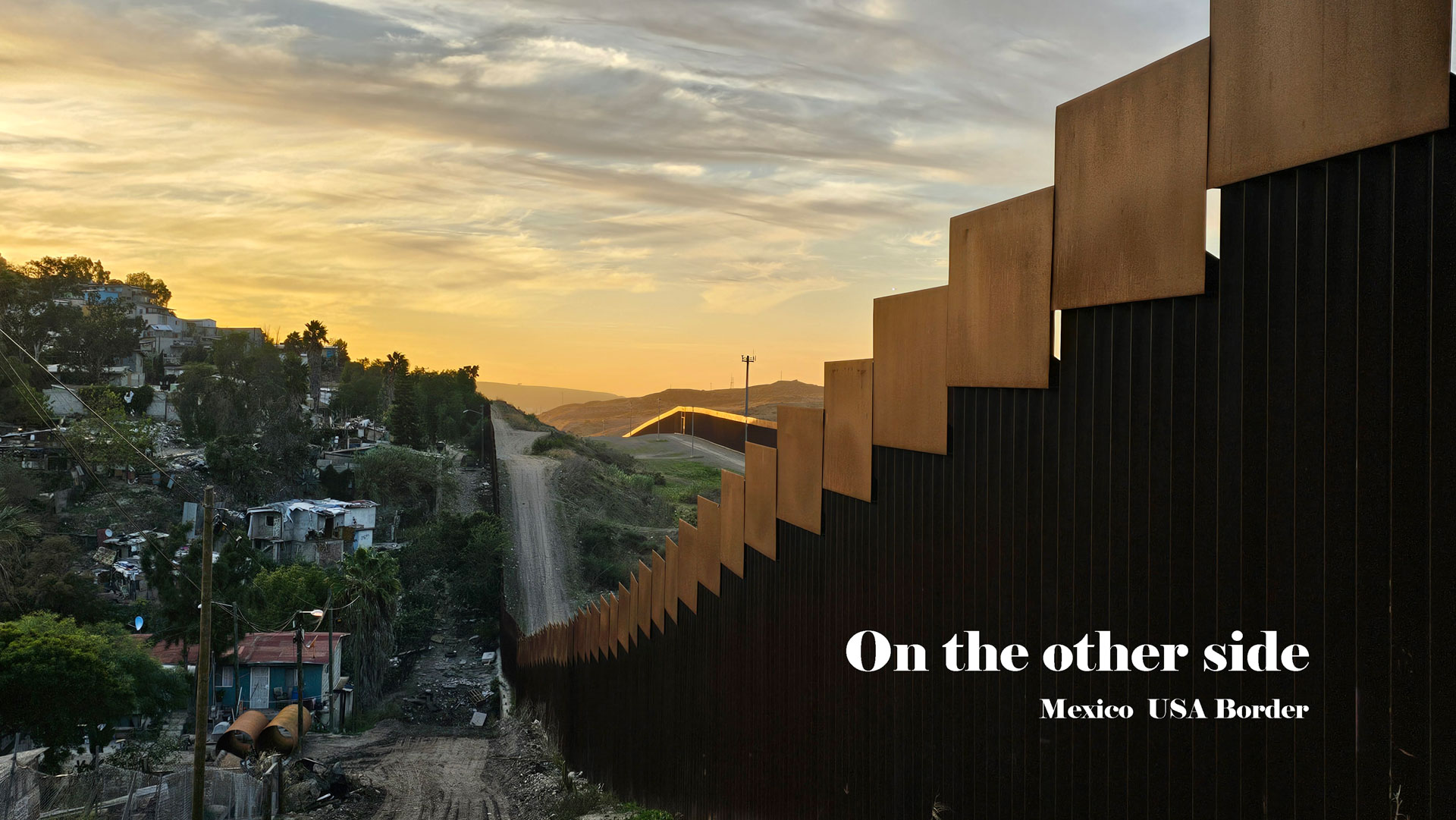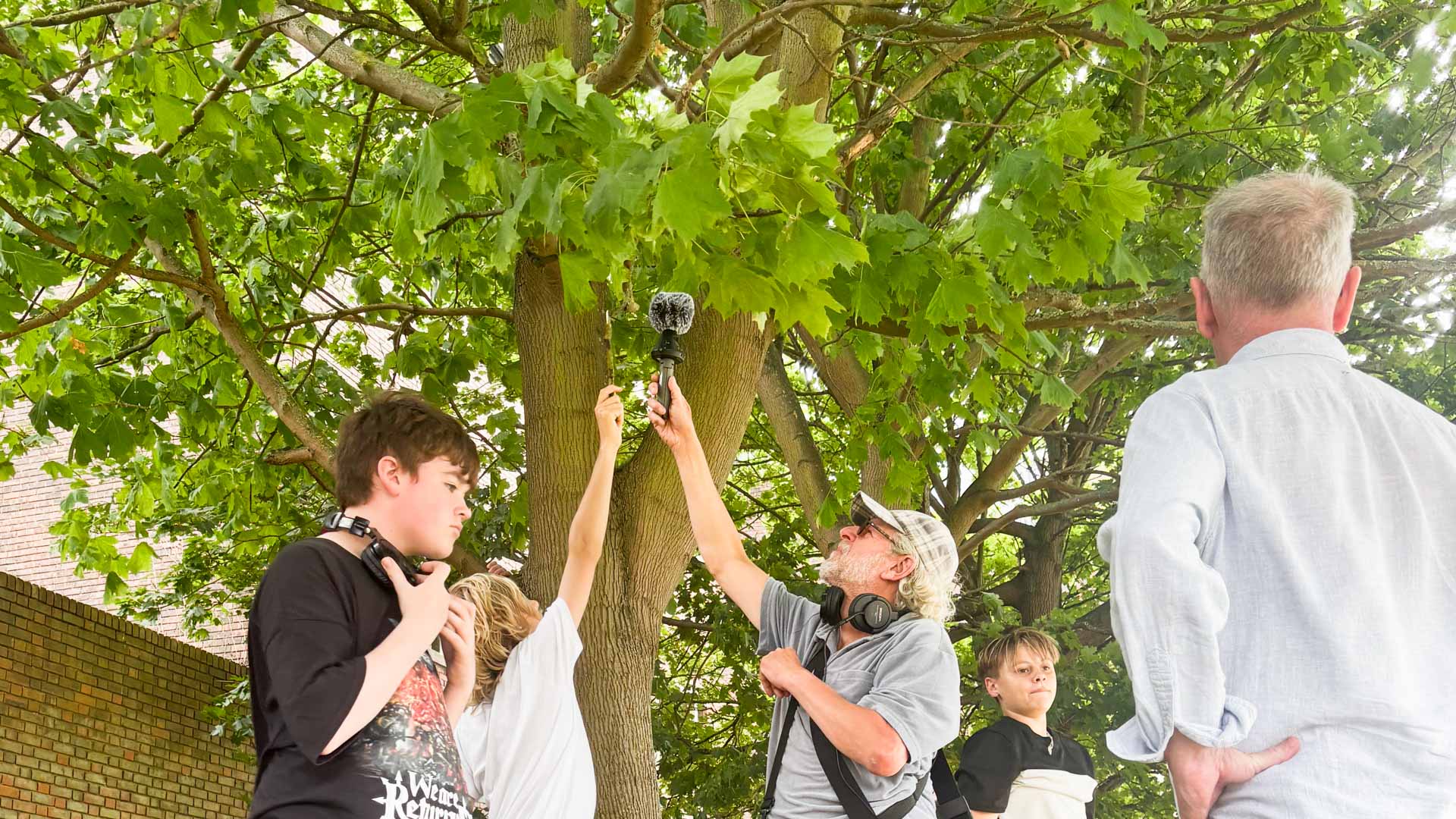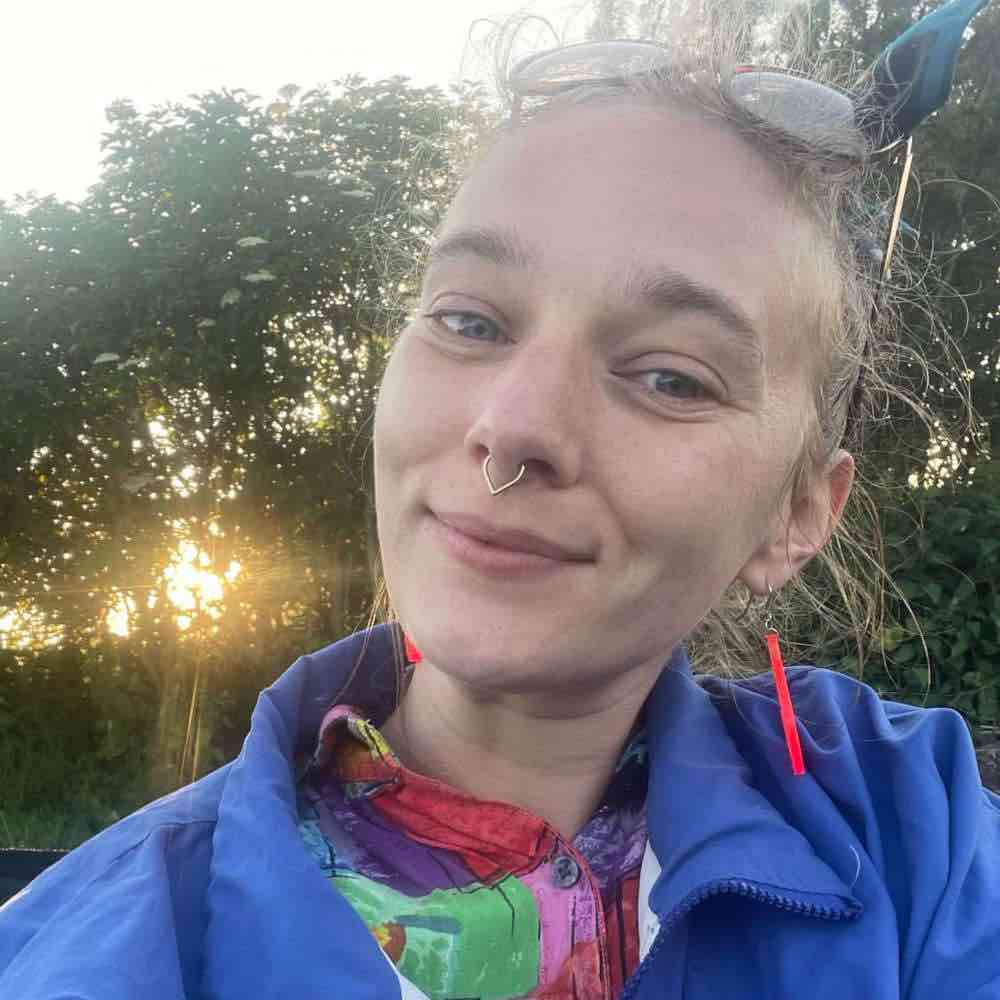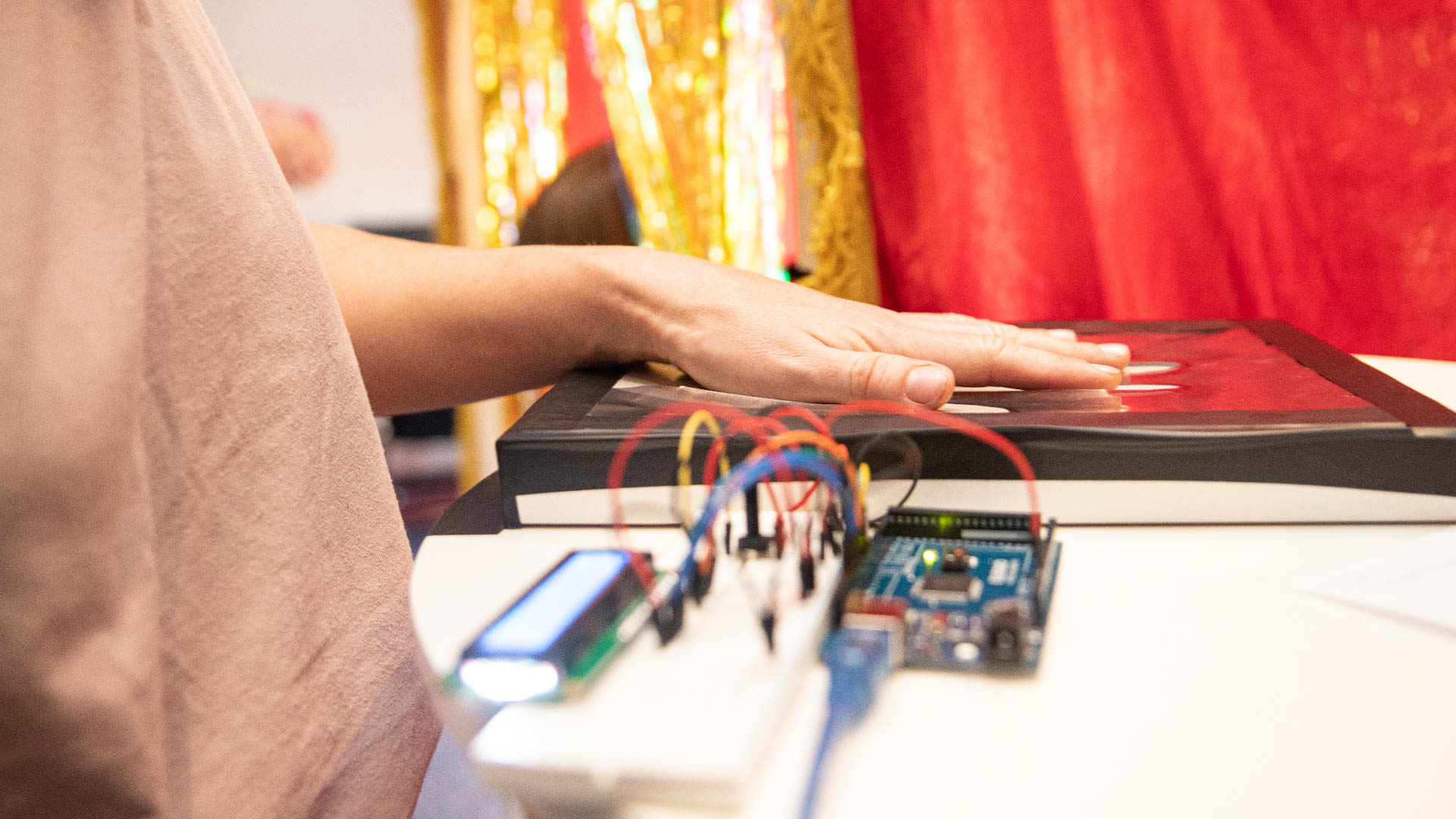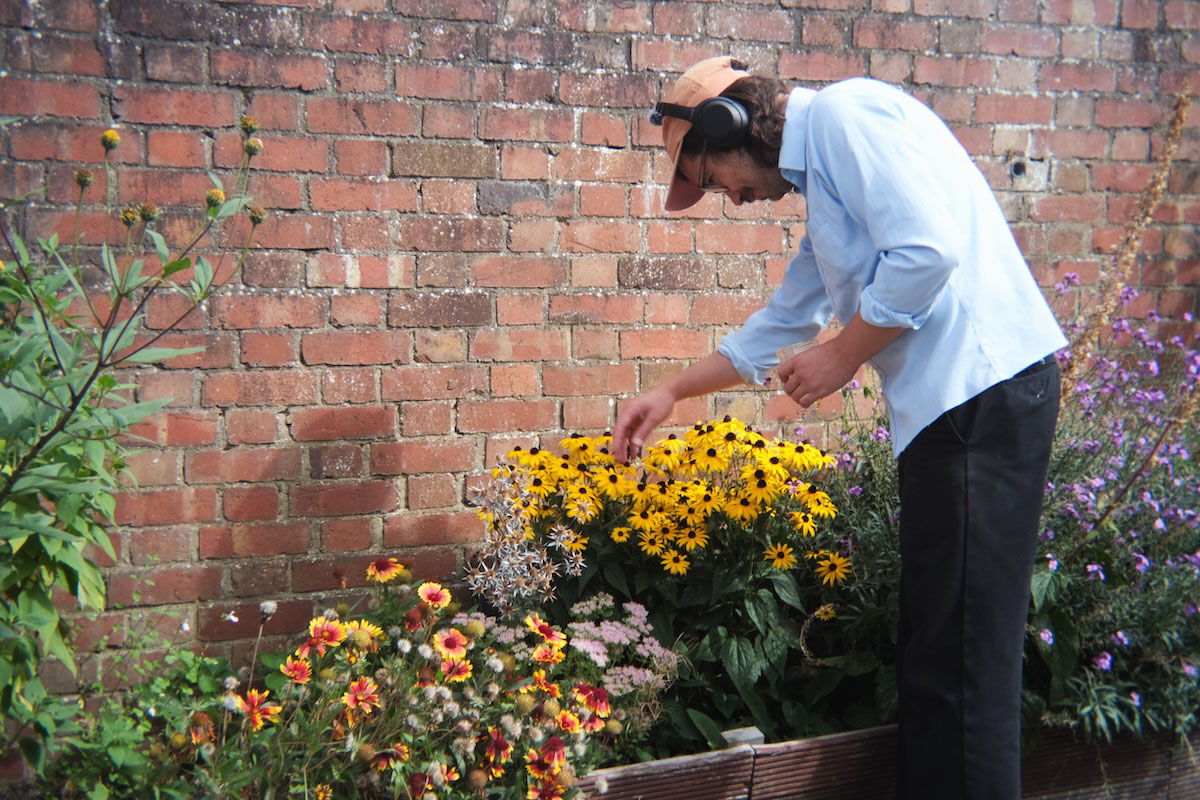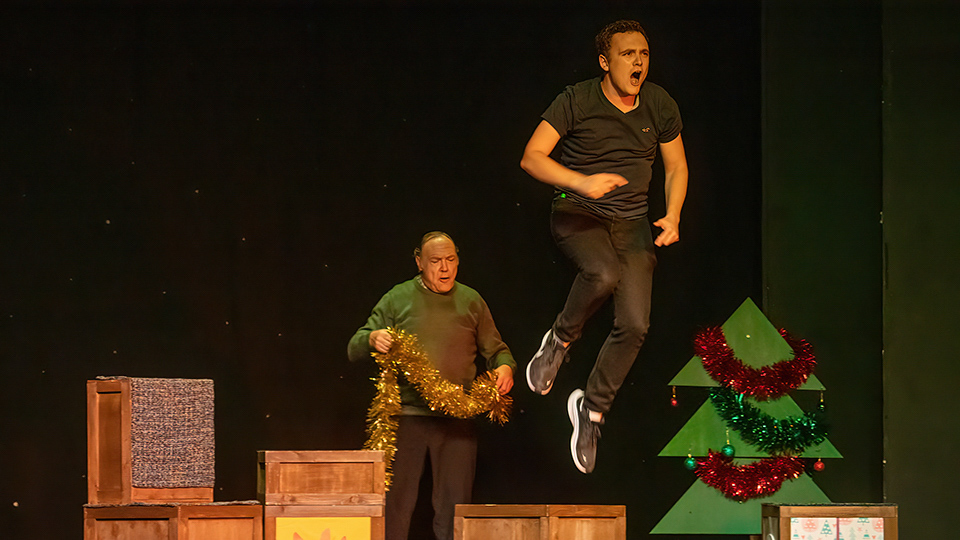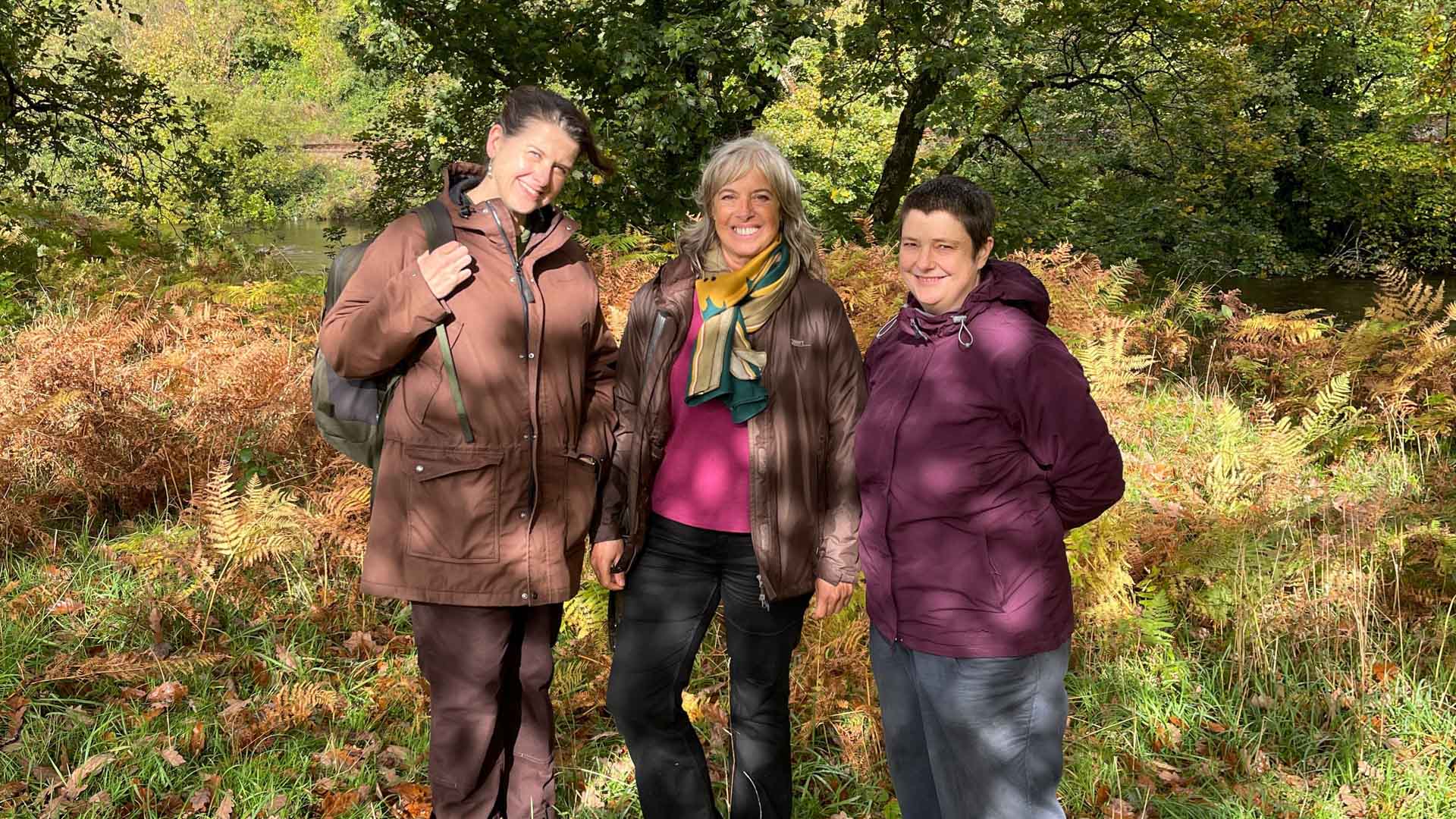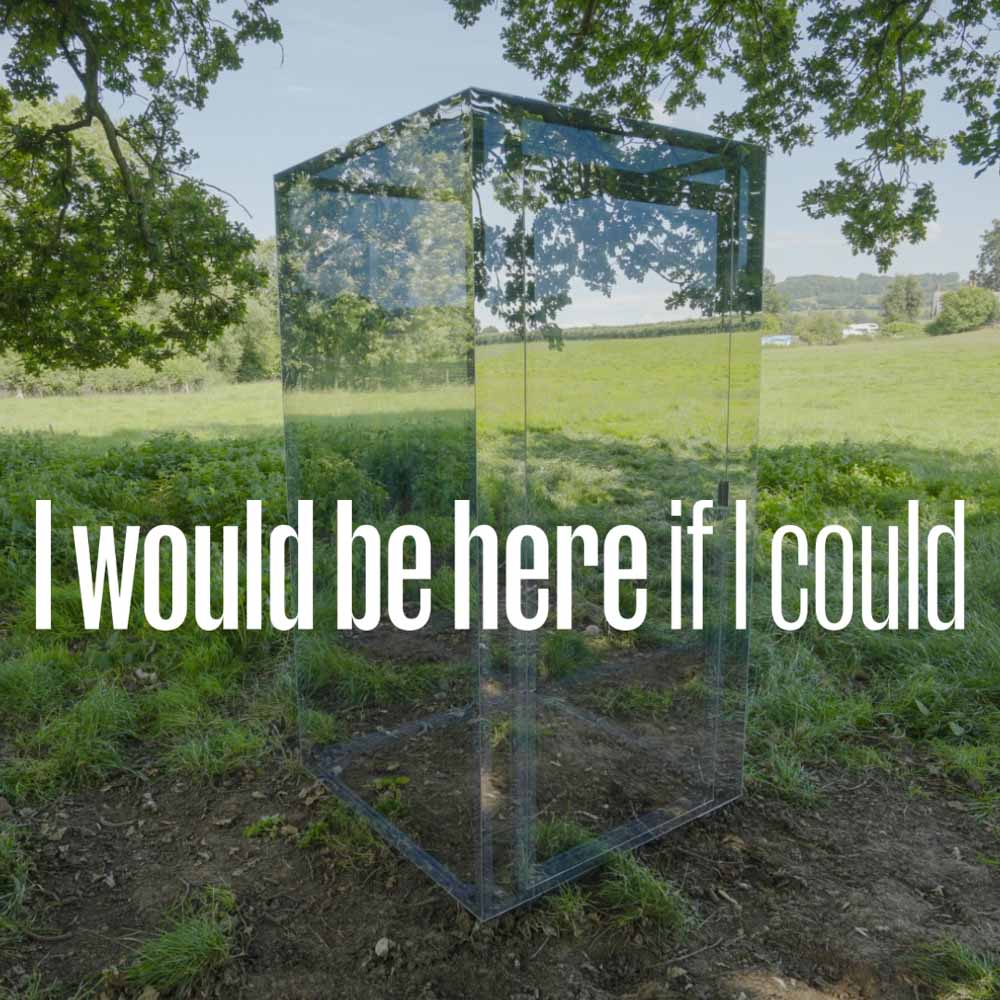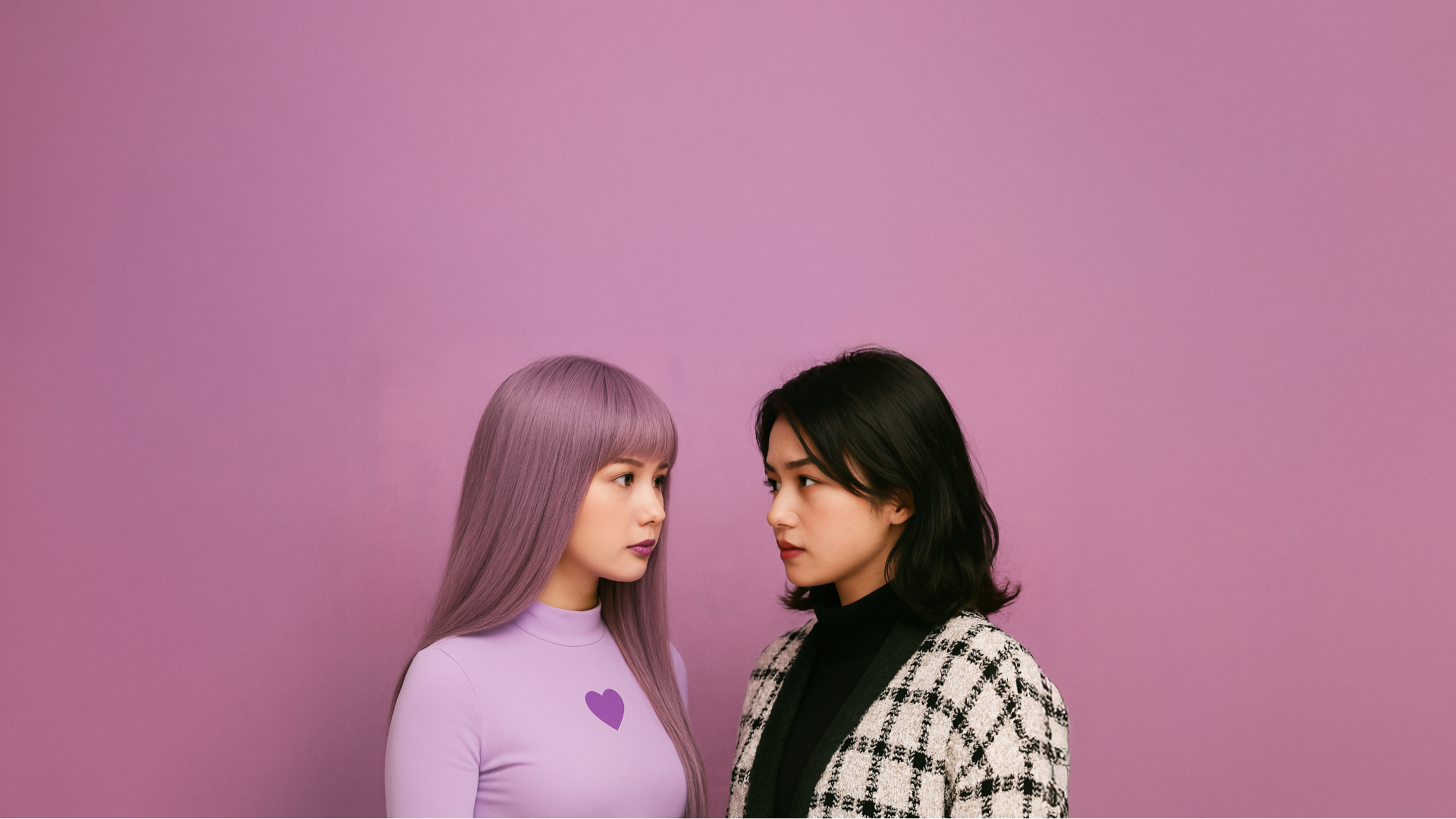Projects
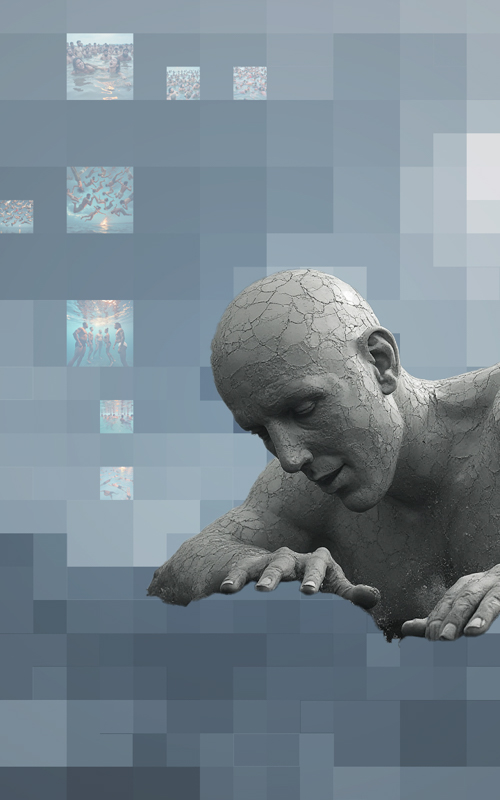
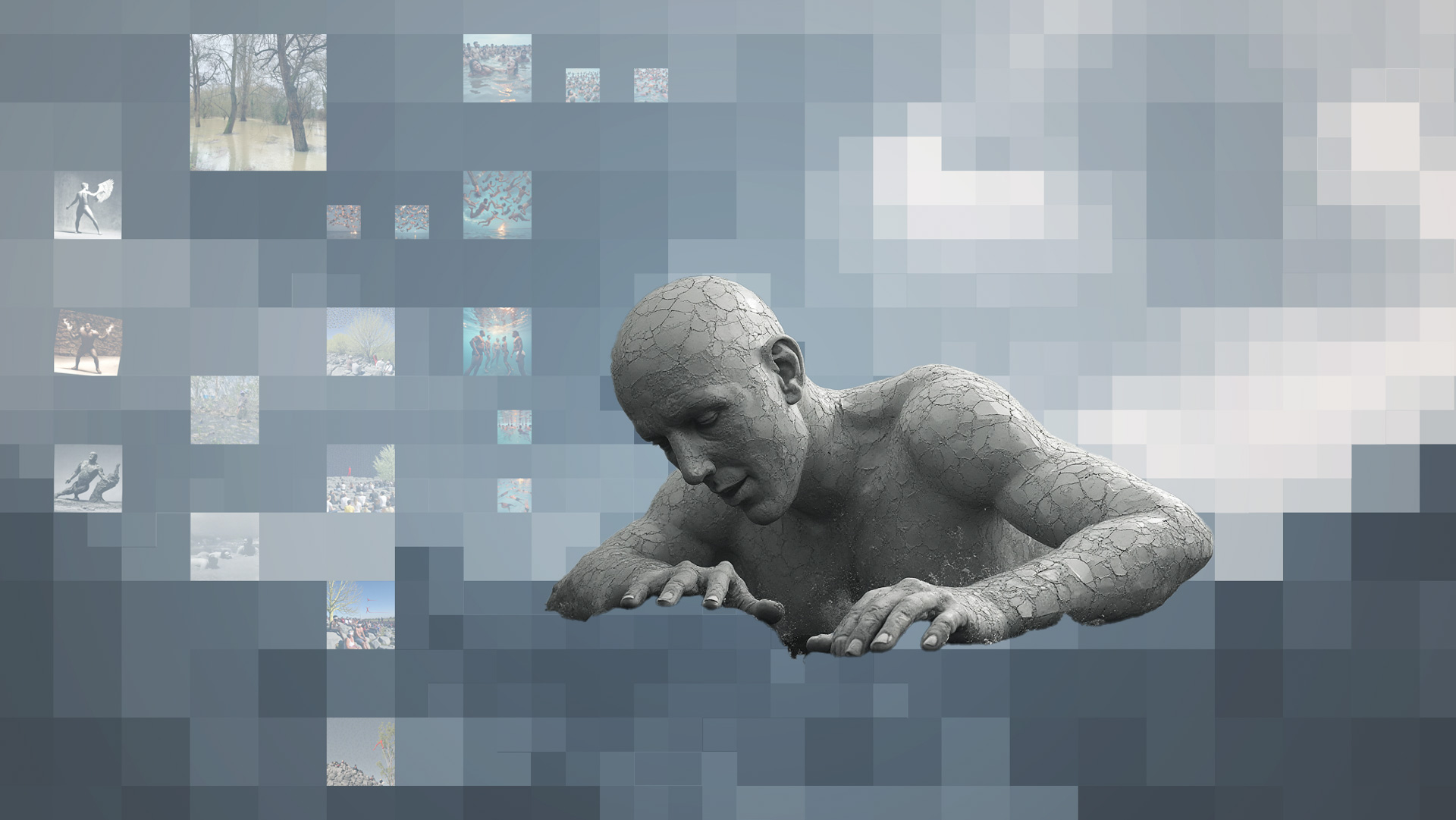
Paradise Unseen
Paradise Unseen
Visually impaired photographer Karren Visser combined her photographic practice and audio description skills to find new ways of imagemaking and expression using AI image generation.
As a disabled artist, Karren questioned the absence of disability representation in AIgenerated images, and the ocularcentrism of art practice.
Karren’s project included her interest in the contemporary relevance of John Milton's Paradise Lost, which he wrote after going blind. This stemmed from a fascination with Milton's ability to adapt his poetry writing, as she is exploring the same in her creative practice.
Explore
£5,000


Aims of the Project
Paradise Unseen aimed to raise awareness of AI biases and norms, highlighting diversity and disability in image descriptions to promote more inclusive AI-generated imagery.
The project sought to challenge the limitations of AI image generators, which often lack the flexibility, individual interpretation and active involvement that are essential in traditional photography.
How did they do that?
Karren worked with AI engineer, Ilia Pavlov from the Creative Computing Institute, University of the Arts, London to develop a Low-Rank Adaptation model (LoRa) to create an interactive text-to-image generator. This model trained a small library of photographs.
Each photograph had a descriptive label that was linked to short extracts from Paradise Lost, Book 1. Karren used her audio description skills to explore the wording that would not only influence the model training but would a^ect her prompt writing for the image generation.
By working with Ilia on training the model, critiquing, and providing alternatives to the clichéd ‘AI art styles’ and the images they produce, the project aimed to explore new approaches. A key objective was to find ways for Karren to be more involved in the model training process and its image generation.
What else?
Collaboration was central to the project. Support from Immersive Arts, Unlimited, and Matthew Cock (Disability Rights UK) created 5 opportunities for future partnerships.
Ongoing pro bono contributions from Tom Godfrey (Bonington Gallery, Nottingham Trent University) and Professor Hugh Adlington (University of Birmingham) helped the project reach a wider audience.
Lessons learnt from Paradise Unseen
Addressing AI bias requires not only greater diversity in the representation of minority groups, age, and gender, but also in poses and expressions.
As a photographer experiencing progressive sight loss, Karren believes this lack of diversity has a significant impact on how people are portrayed — and ultimately, how we are all seen!
A breakthrough came when I saw an AI-generated image that matched a vision I'd held in my mind — a moment that revealed a conceptual approach to AI image generation that aligned with my way of photographing.
